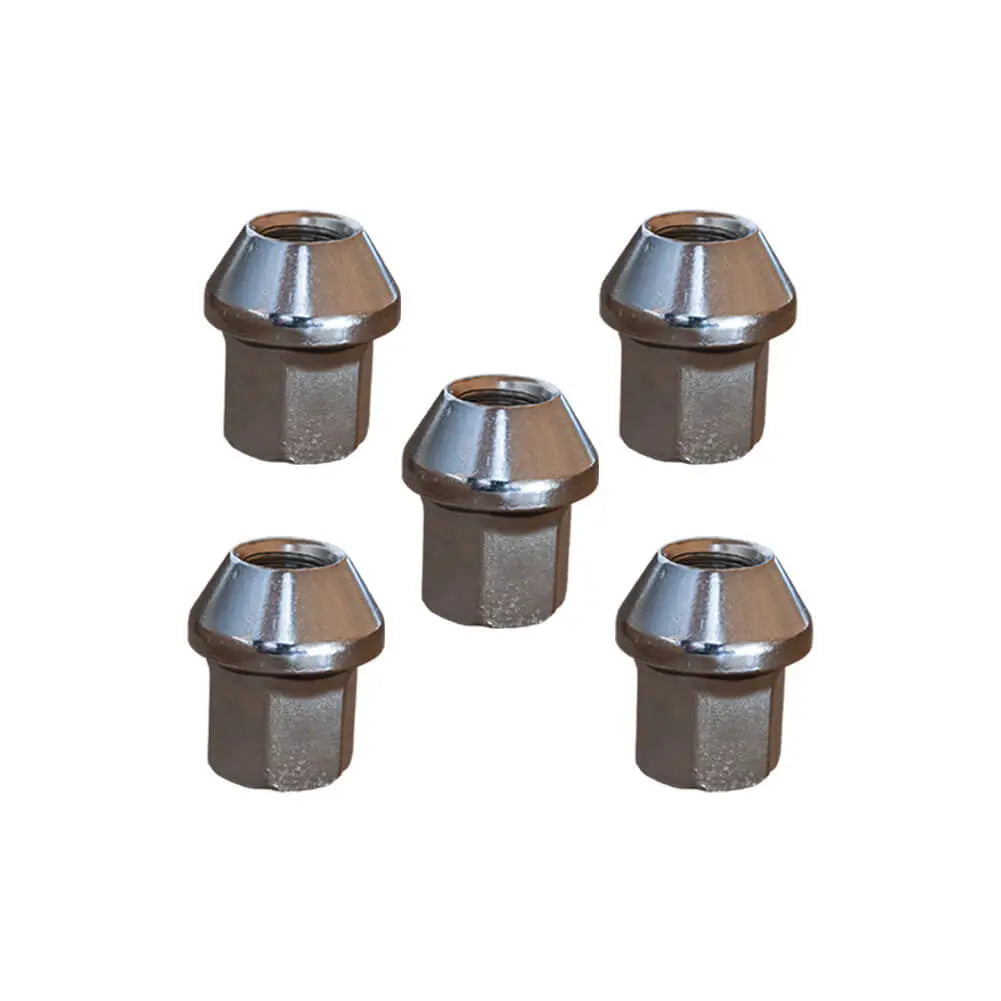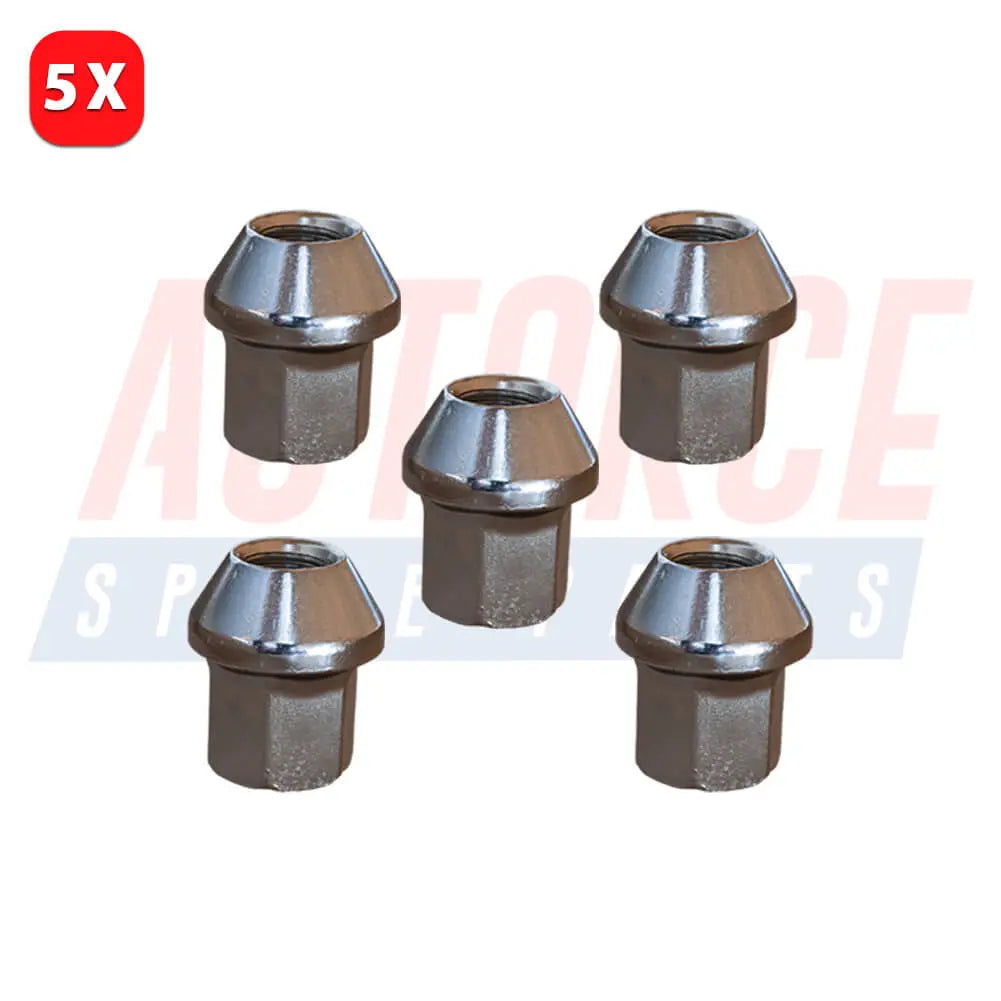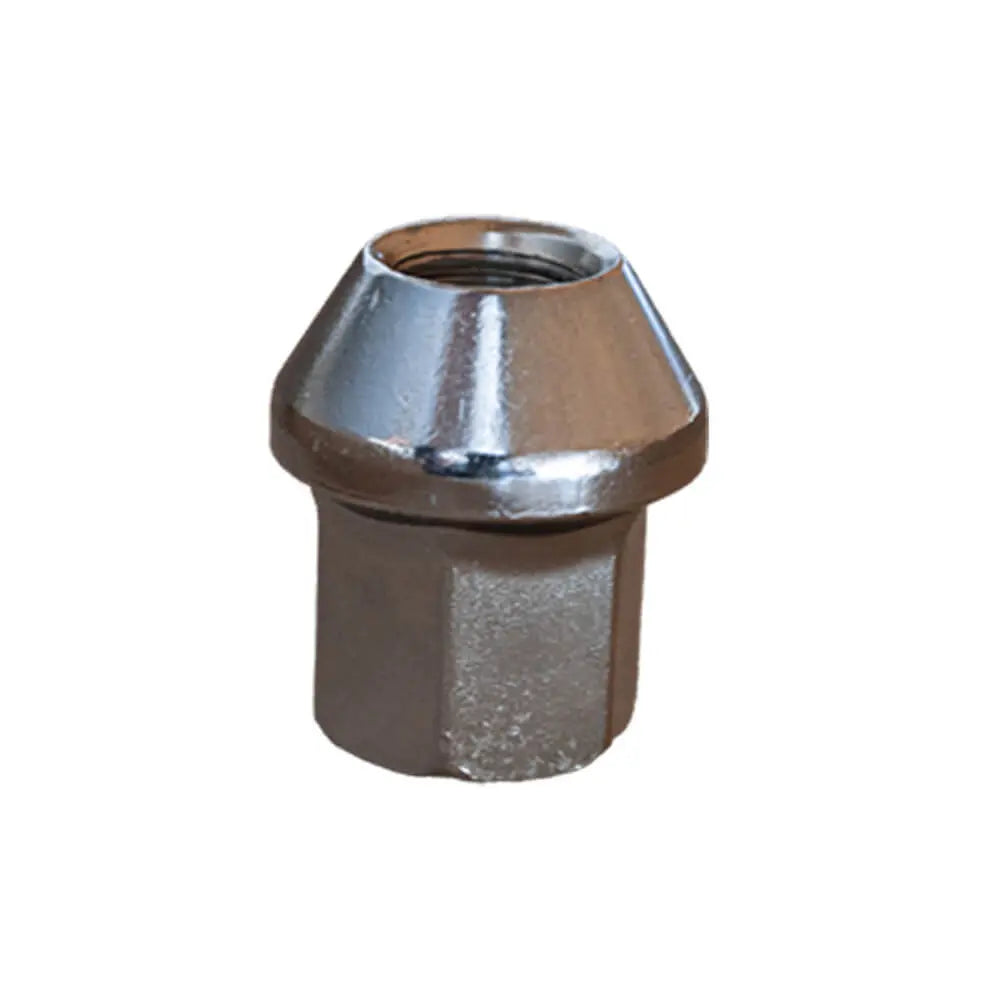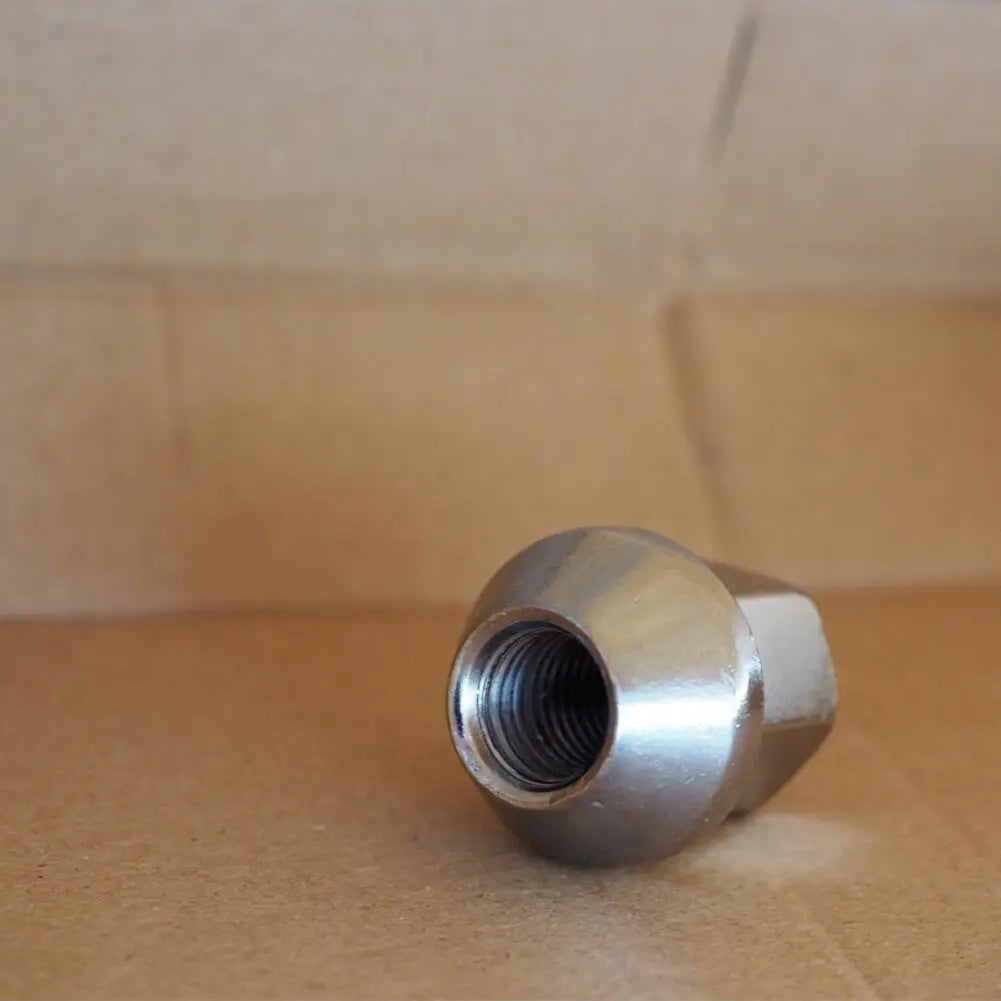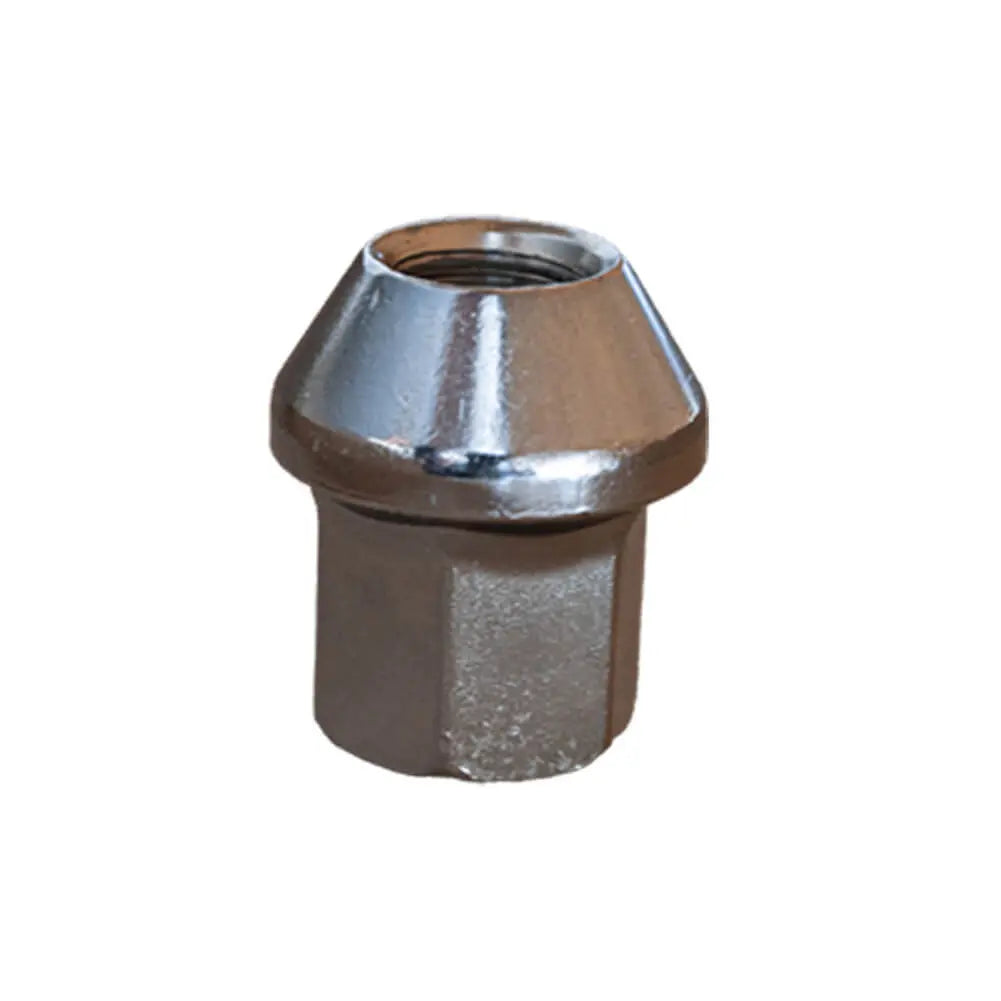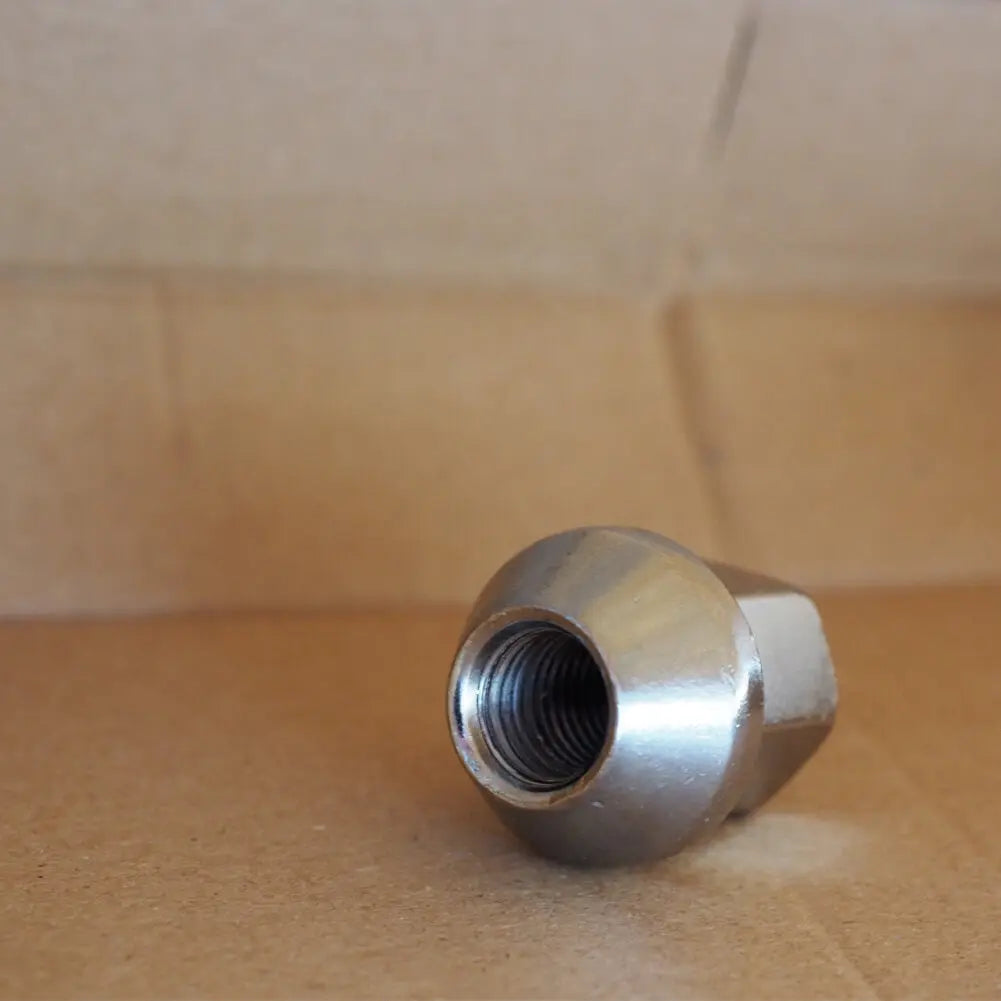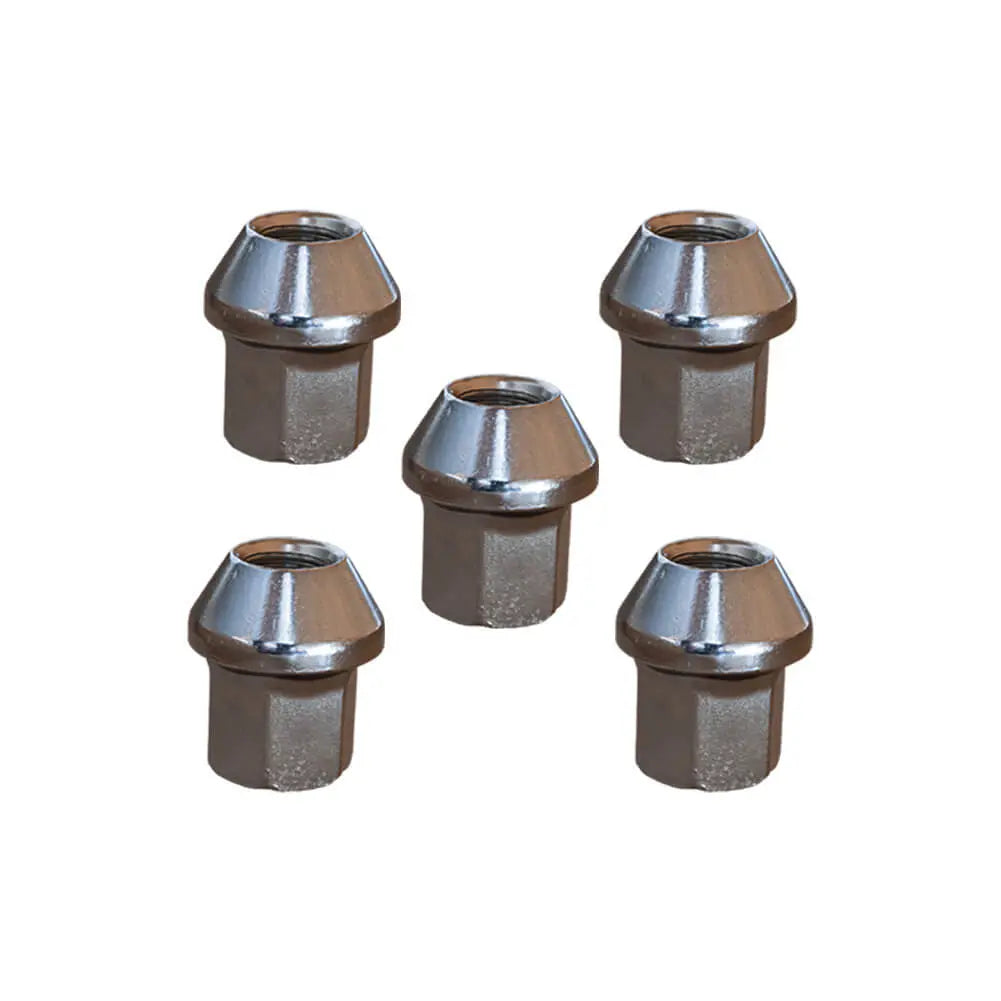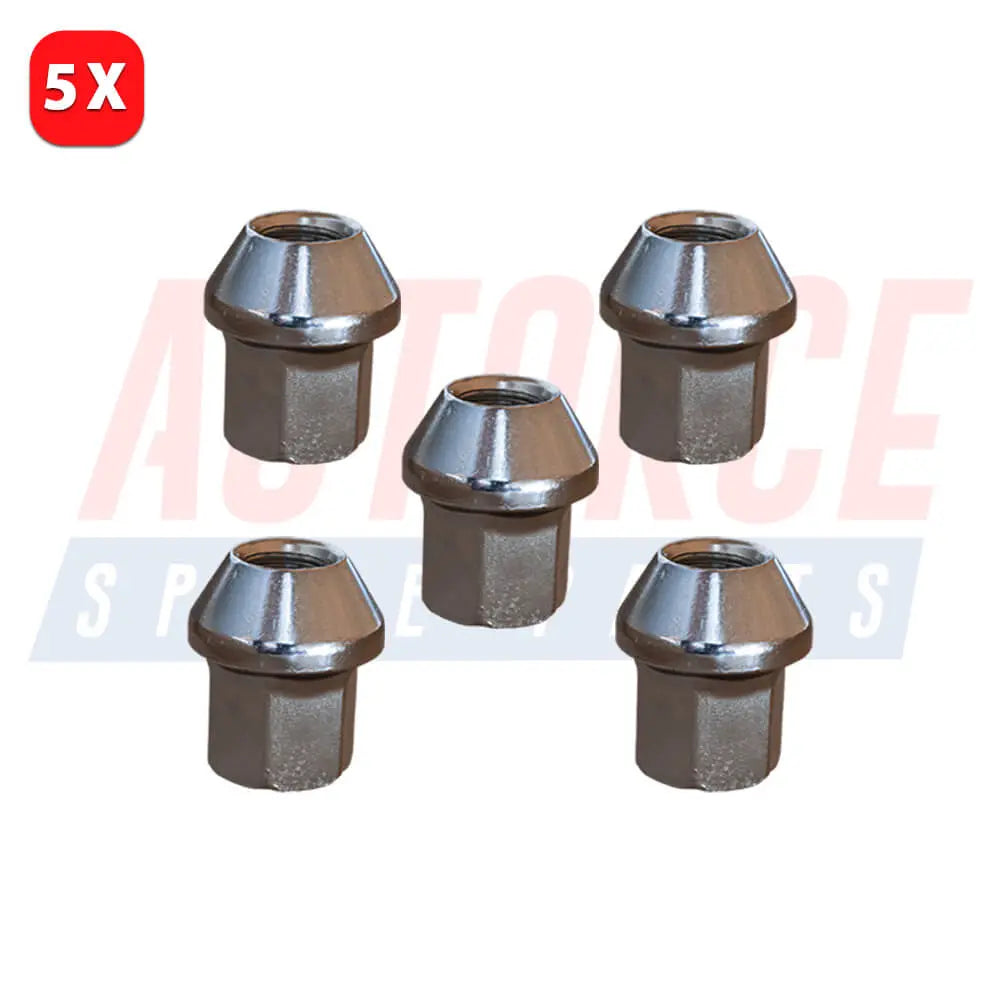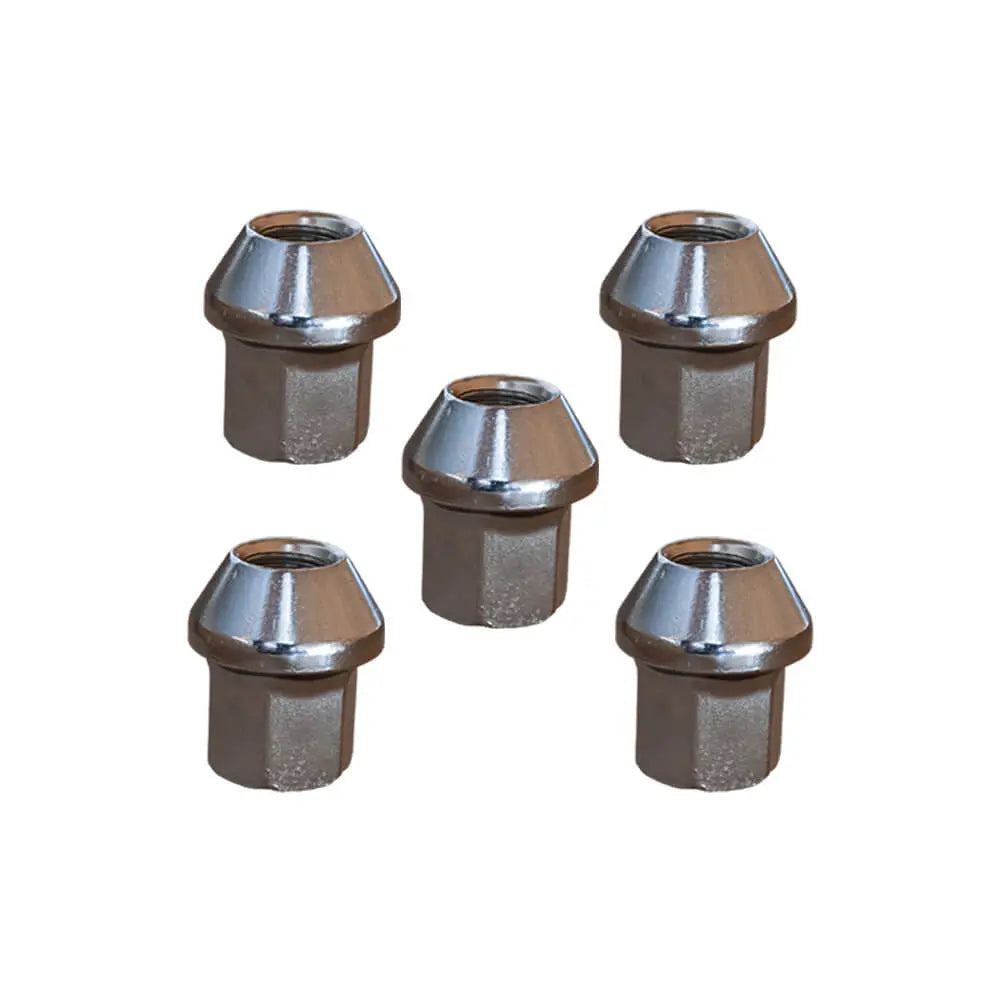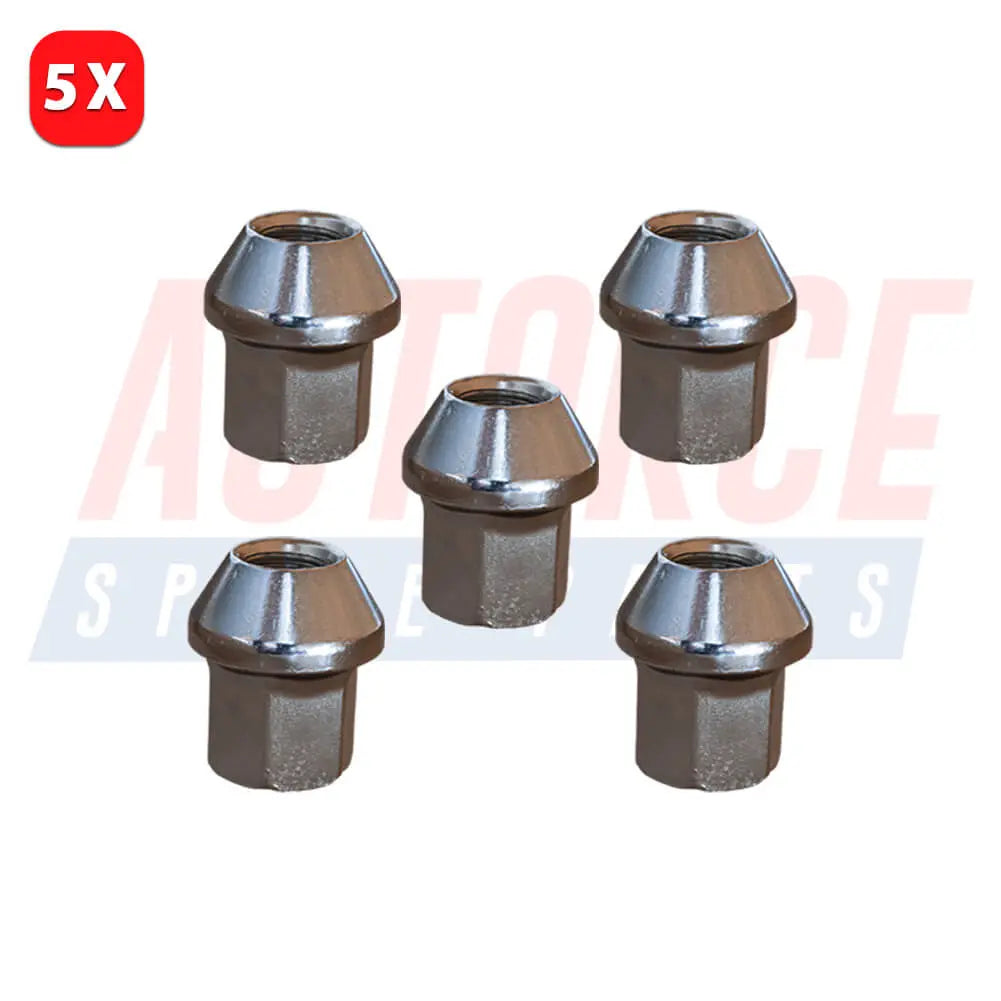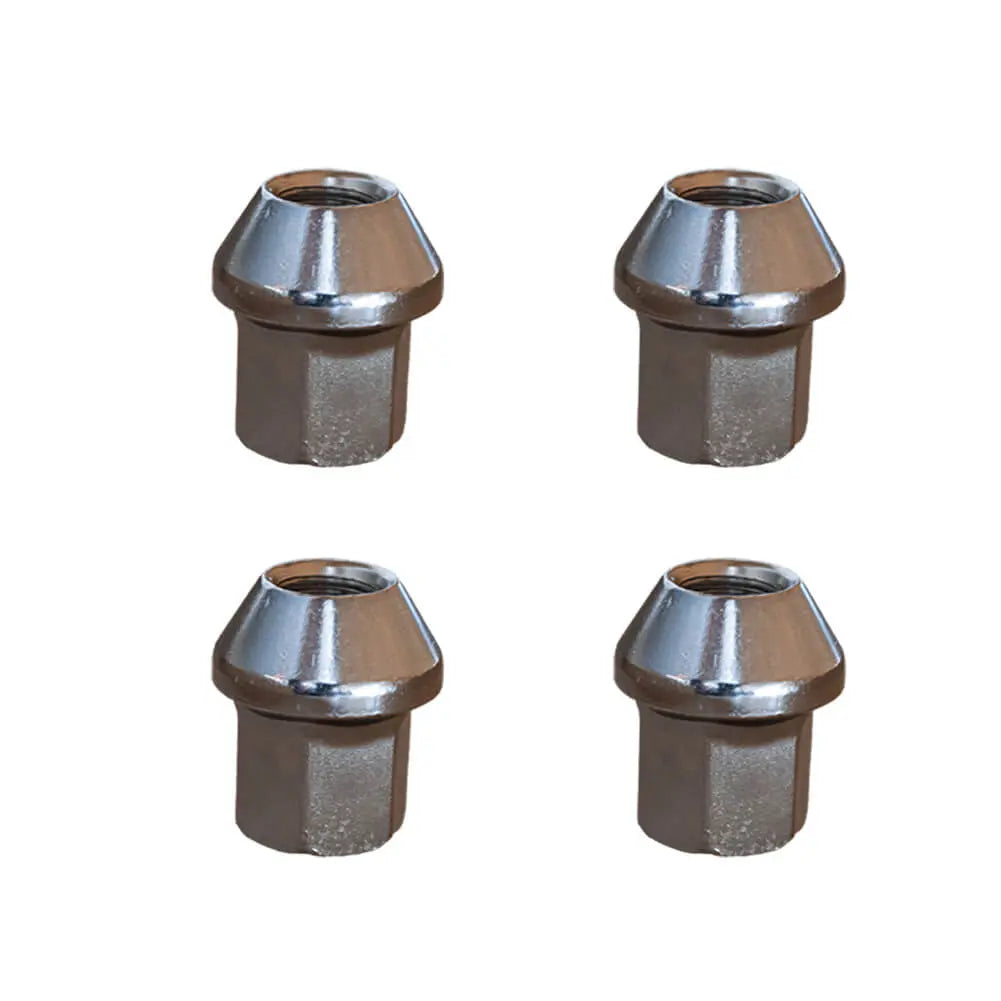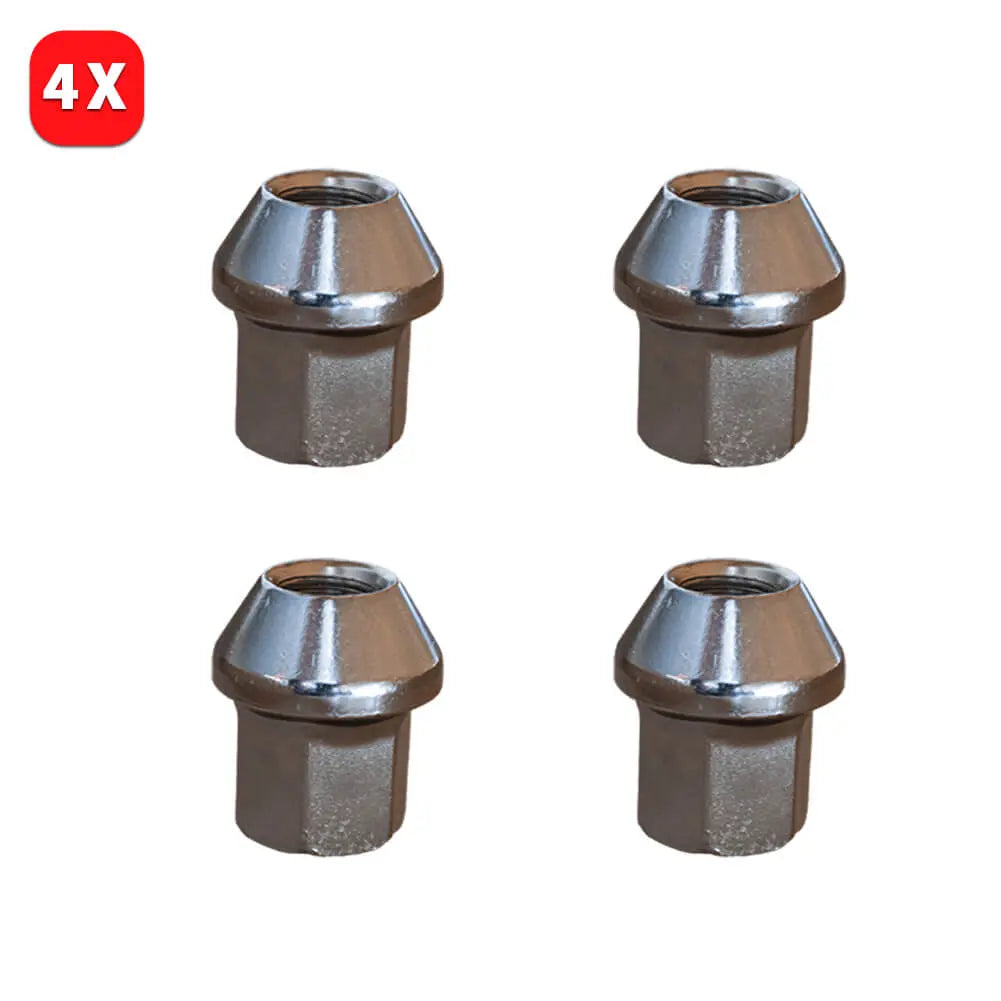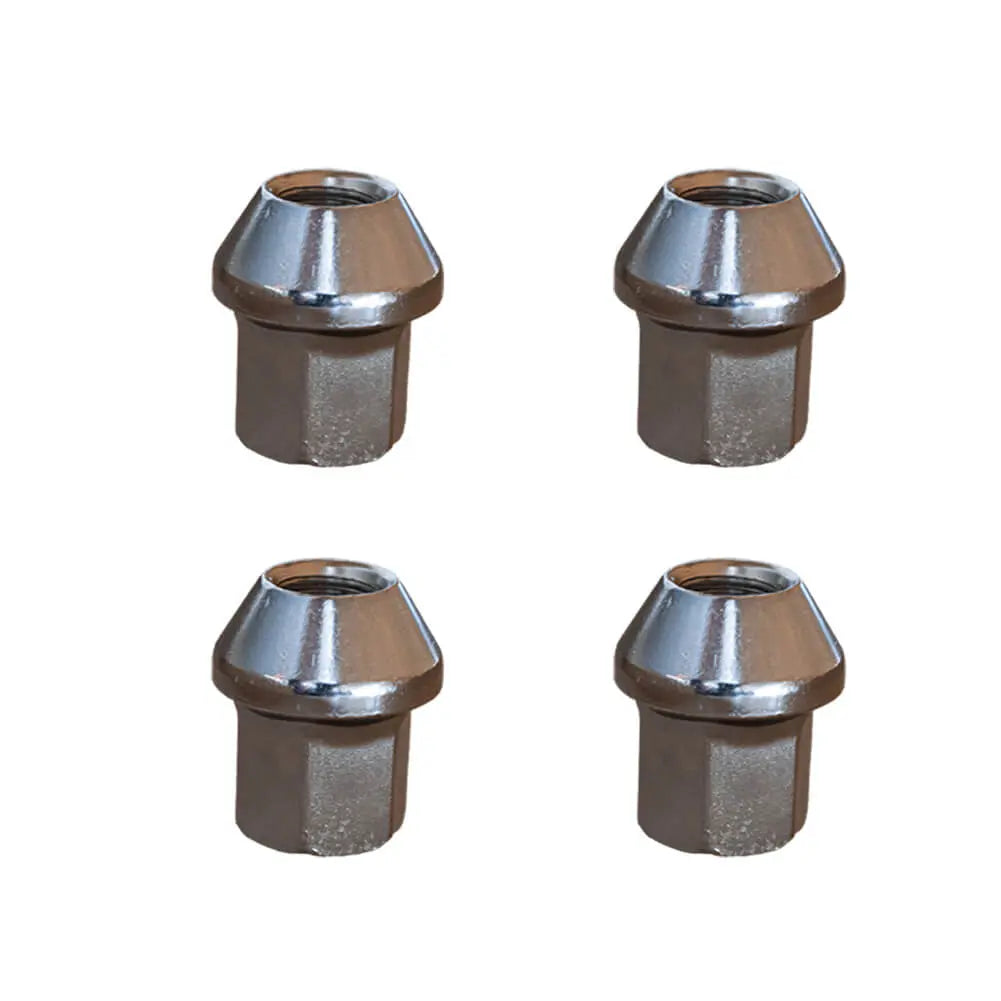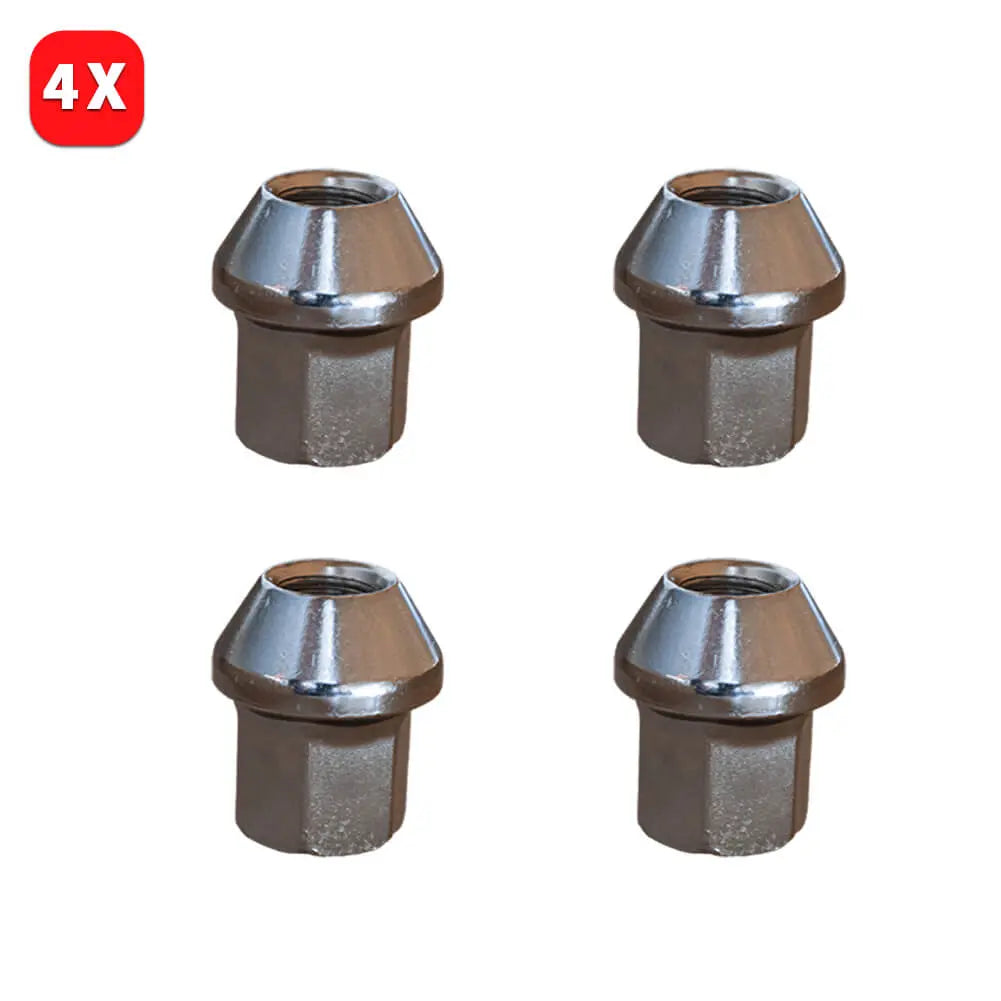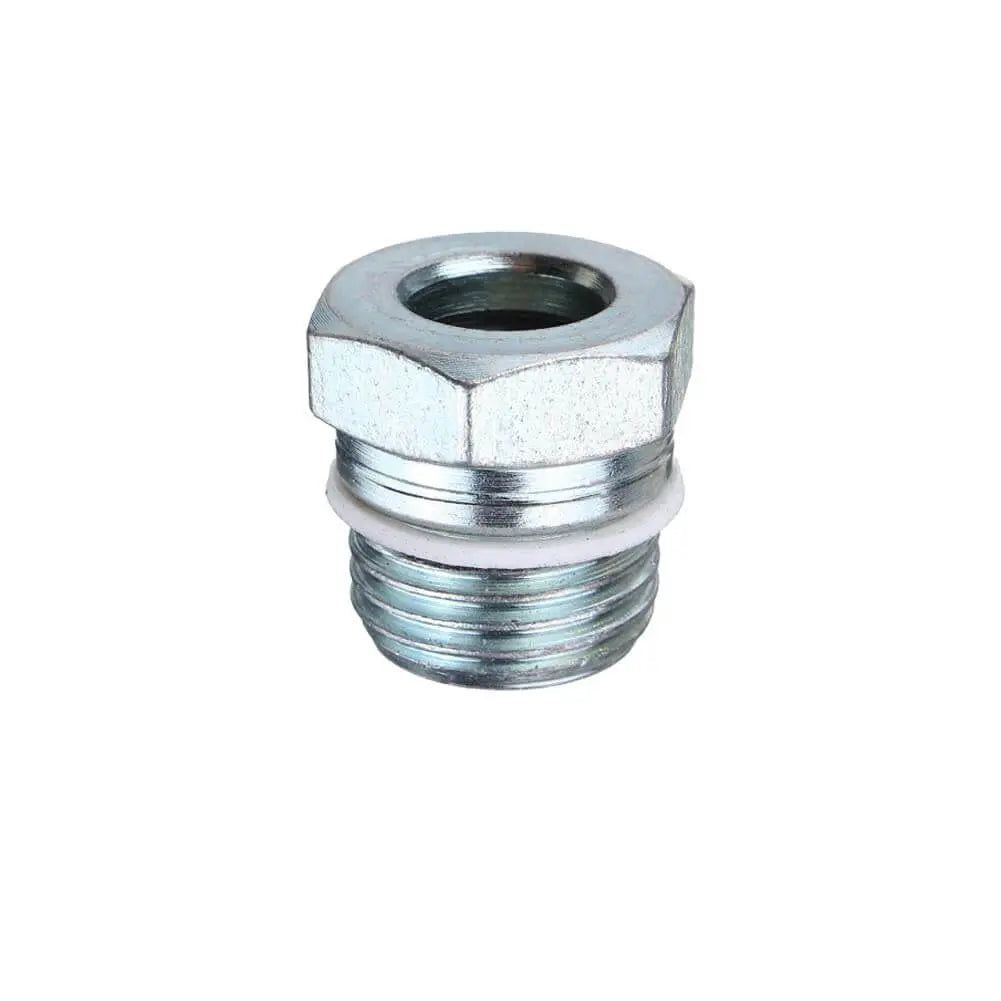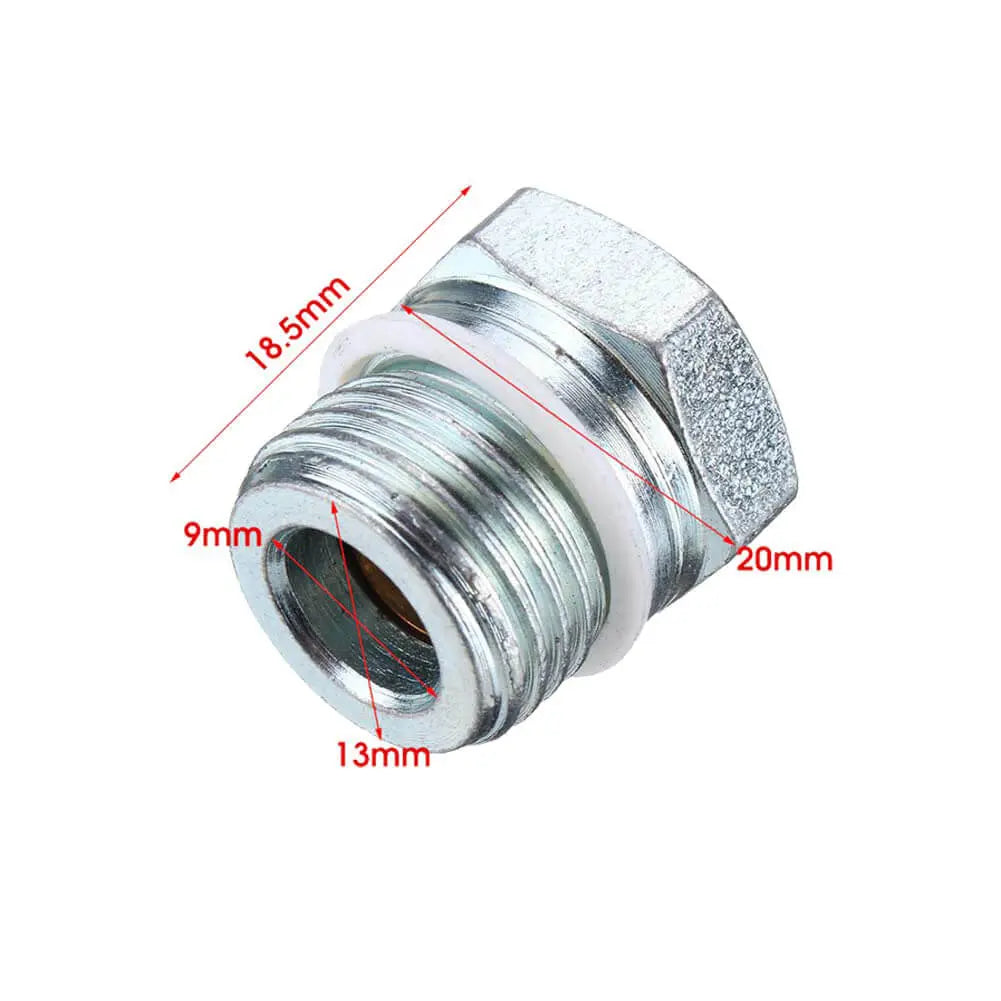Shop by Category
Nuts
33 products
Showing 1 - 24 of 33 products
Enhancing Vehicle Performance: The Nutty Side of Automotive Advancements
When it comes to optimizing the performance and safety of our vehicles, we often focus on cutting-edge technologies, fuel efficiency, or innovative designs. However, there's an unsung hero hiding in plain sight that plays a vital role in holding our automobiles together - nuts! These small, seemingly insignificant components are essential for keeping various parts secure and ensuring a smooth ride. In this article, we will delve into the world of nuts for cars and explore their importance in enhancing overall vehicle performance.1. The Role of Nuts in Vehicle Assembly
Nuts, alongside bolts and screws, are integral to the process of assembling vehicles. These fasteners help join different parts of the car's structure, including the chassis, suspension components, engine, and body panels. Nuts are typically threaded onto bolts, forming a strong and reliable connection that can withstand various forces experienced during driving. Without the proper nuts, cars would be disassembled puzzles waiting to fall apart on the road.2. Types of Nuts in Automotive Applications
The automotive industry employs various types of nuts, each designed to fulfill specific functions based on their applications. Some common nut types include:a. Hex Nuts: These are the most prevalent nuts used in automotive applications. Hex nuts have six flat sides and are compatible with standard bolts and screws.
b. Flange Nuts: Flange nuts have a built-in washer-like flange that helps distribute pressure and ensures a more secure fastening. They are commonly used in areas where vibration and movement are frequent, providing a reliable solution to prevent loosening.
c. Nylock Nuts: Nylock nuts, also known as nylon-insert lock nuts, have a nylon ring inside the nut that adds resistance to loosening due to vibrations. These nuts are often used in critical components, such as the suspension system, to ensure their stability and safety.
d. Lug Nuts: Lug nuts are specific to automotive wheels. They secure the wheels to the wheel hub and play a crucial role in maintaining proper wheel alignment and preventing wheel detachment.
e. Castle Nuts: Castle nuts have slots on one end that accommodate a cotter pin, ensuring a secure connection. These nuts are commonly found in steering and suspension components.
3. Ensuring Proper Torque and Tightening
One of the most critical aspects of using nuts in automotive assembly is ensuring proper torque and tightening. Under-tightened nuts can lead to parts coming loose during operation, leading to potential hazards and costly damages. On the other hand, over-tightening can cause thread damage, weakening the connection and making it susceptible to failure. Manufacturers and mechanics follow strict guidelines and torque specifications to achieve the ideal balance, ensuring optimal safety and performance.4. Advancements in Nut Technology
As automotive technology evolves, so does the world of nuts. Modern advancements have led to the development of innovative nuts designed to improve performance and longevity. Some notable advancements include:a. Self-Locking Nuts: These nuts feature unique designs that eliminate the need for additional locking devices like cotter pins or nylon inserts. They save assembly time, reduce the risk of incorrect installation, and enhance safety.
b. High-Strength Nuts: Advances in metallurgy have allowed the creation of high-strength nuts capable of withstanding extreme conditions and heavy loads, making them ideal for heavy-duty applications like off-road vehicles and trucks.
c. Corrosion-Resistant Nuts: For vehicles that frequently face harsh weather conditions or exposure to corrosive substances, corrosion-resistant nuts ensure long-lasting performance and structural integrity.
In conclusion, while often overlooked, nuts play a critical role in maintaining the integrity and safety of our vehicles. From the wheels to the suspension system and beyond, the proper selection and application of nuts are vital for optimal vehicle performance. As automotive technology continues to advance, we can expect even more innovations in nut design, further improving the reliability and efficiency of our cherished automobiles. So, the next time you get behind the wheel, take a moment to appreciate the "nutty" side of automotive engineering that keeps you rolling smoothly down the road.
Showing 1 - 24 of 33 products
Display
View

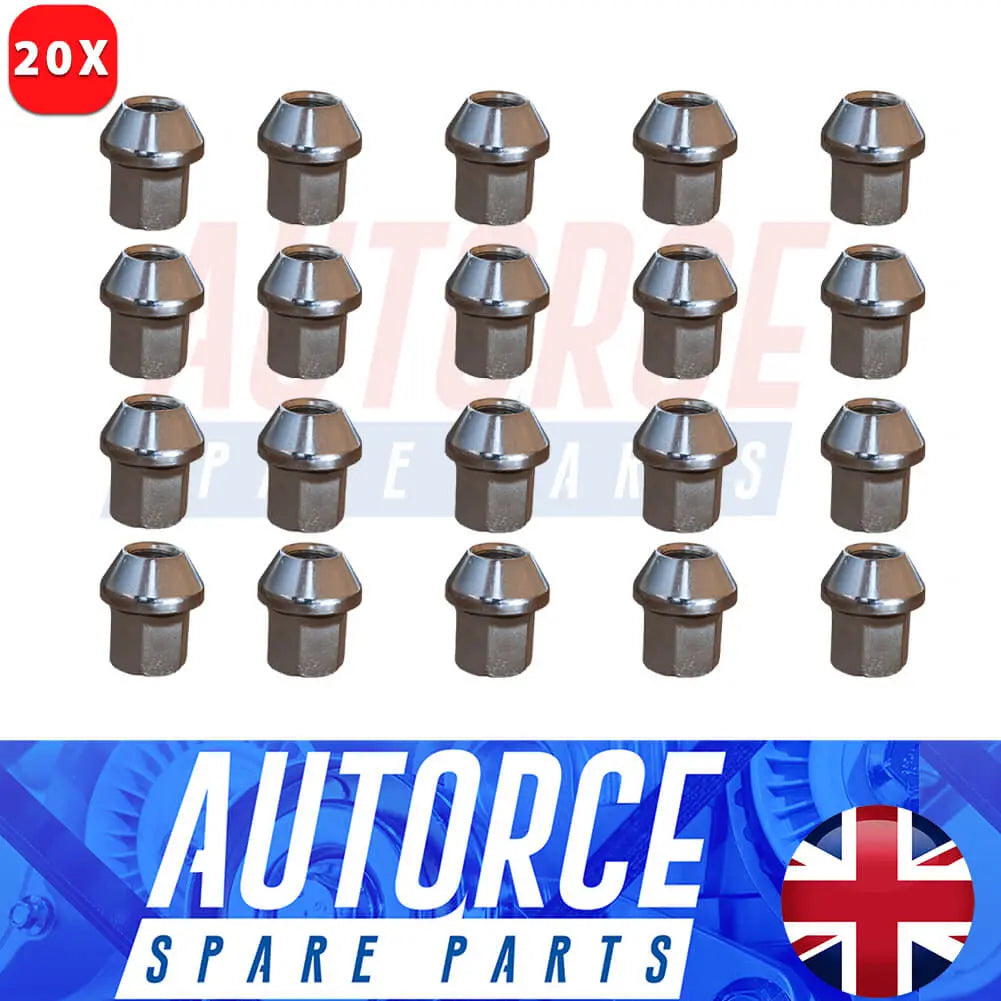
20 Pcs Alloy Wheel Nuts M12 X 1.5 For Volvo C30 S40 V40 V50 - 31200241, 31317466, 8V411K024AA, 1678260
Sale price£24.90
No reviews
Hurry! Stock running out!
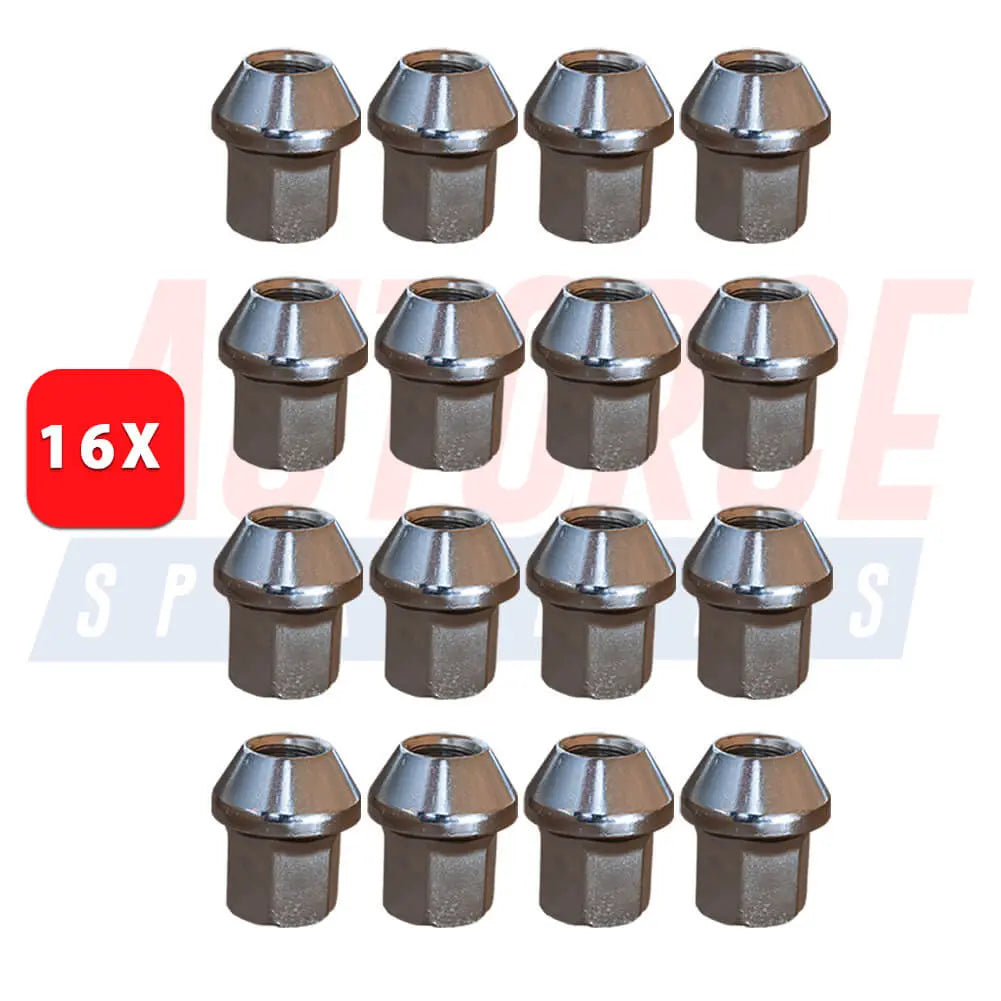
16 Pcs Alloy Wheel Nuts M12 X 1.5 For Volvo C30 S40 V40 V50 - 31200241, 31317466, 8V411K024AA, 1678260
Sale price£19.50
No reviews
Hurry! Stock running out!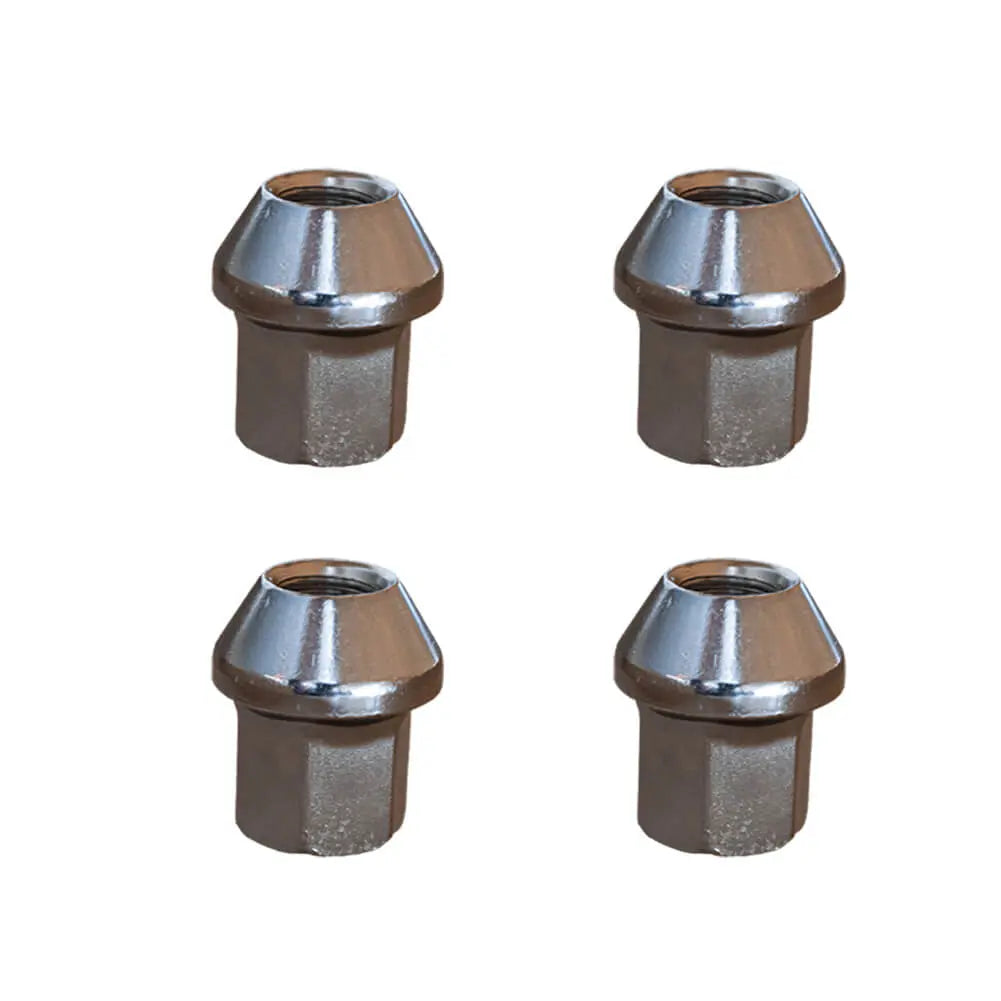
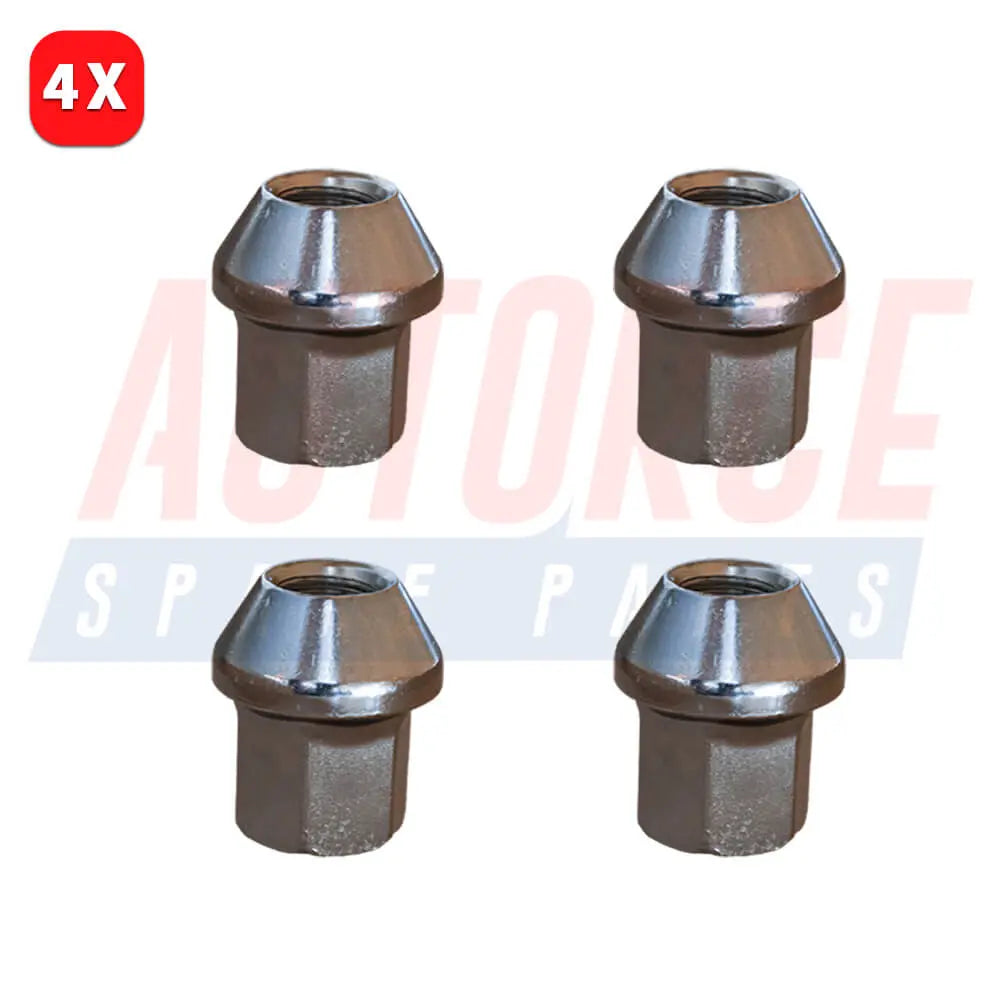
4 Pcs Alloy Wheel Nuts M12 X 1.5 For Volvo C30 S40 V40 V50 - 31200241, 31317466, 8V411K024AA
Sale price£9.95
No reviews
In stock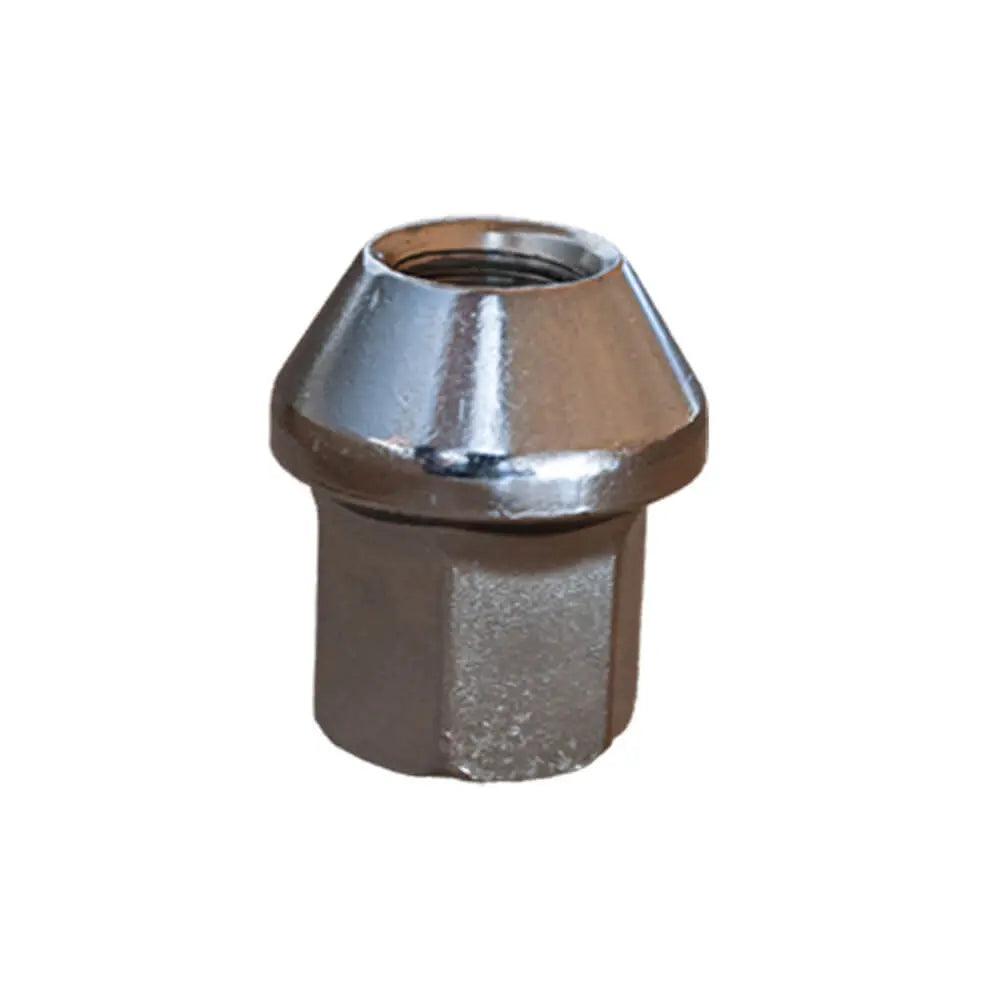
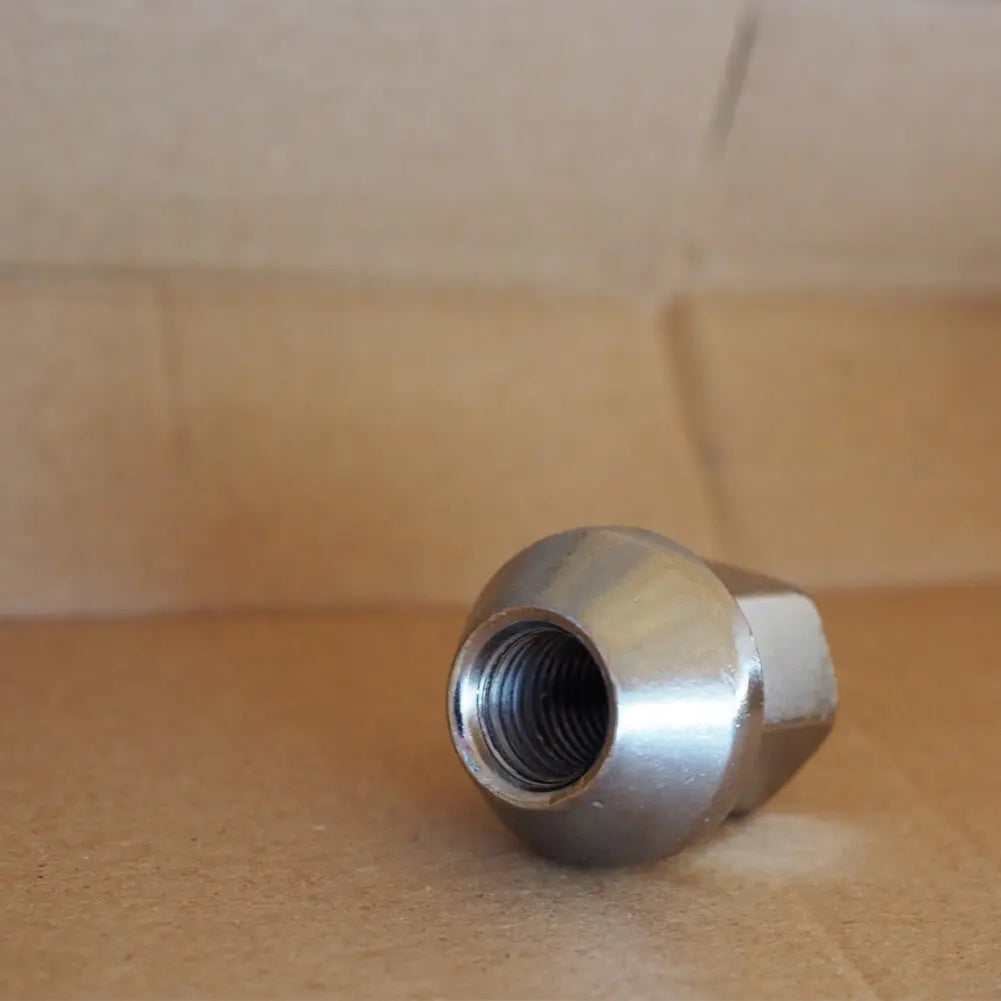
Alloy Wheel Nuts M12 X 1.5 For Volvo C30 S40 V40 V50 - 8V411K024AA, 1678260, 8V411K024AC
Sale price£3.75
No reviews
In stock
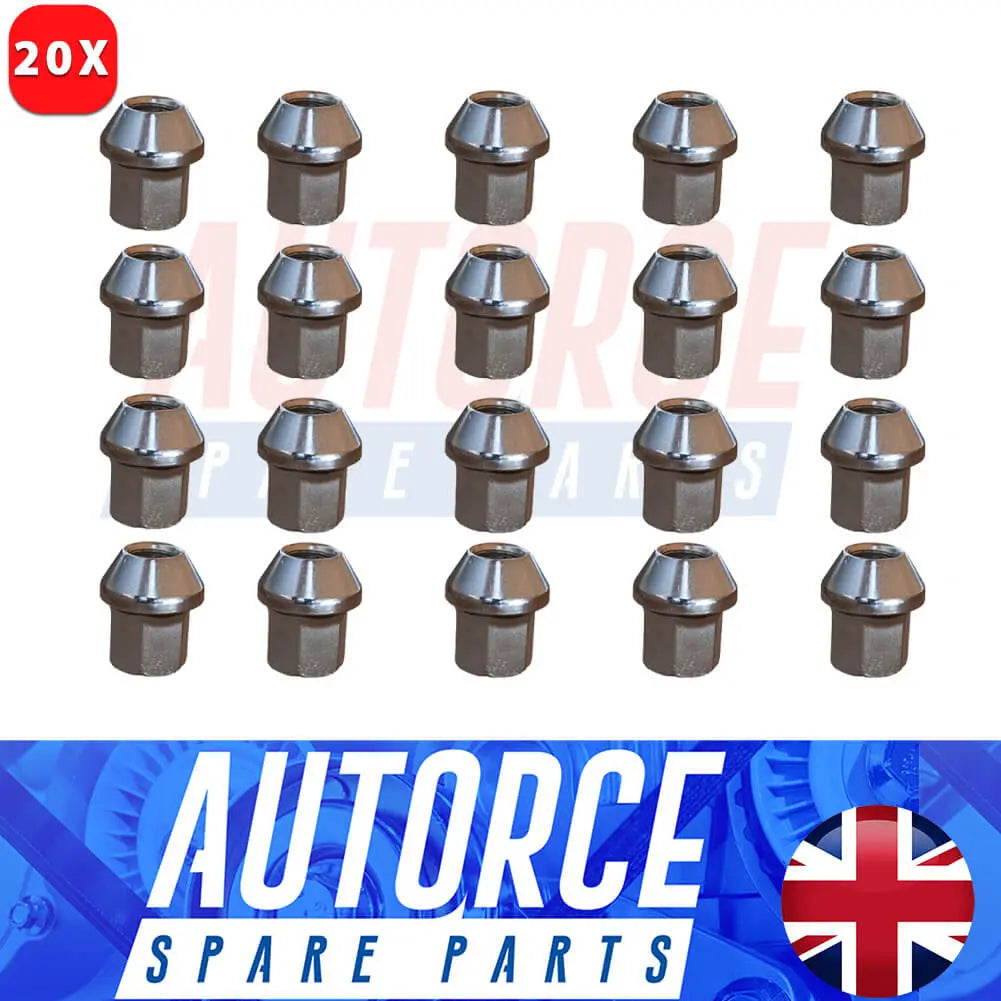
20 Pcs Alloy Wheel Nuts M12 X 1.5 For Ford C-Max Cougar Escort Grand C-Max Sierra Street KA Tourneo - 30666349, 1567143, 6111766
Sale price£24.90
No reviews
Hurry! Stock running out!
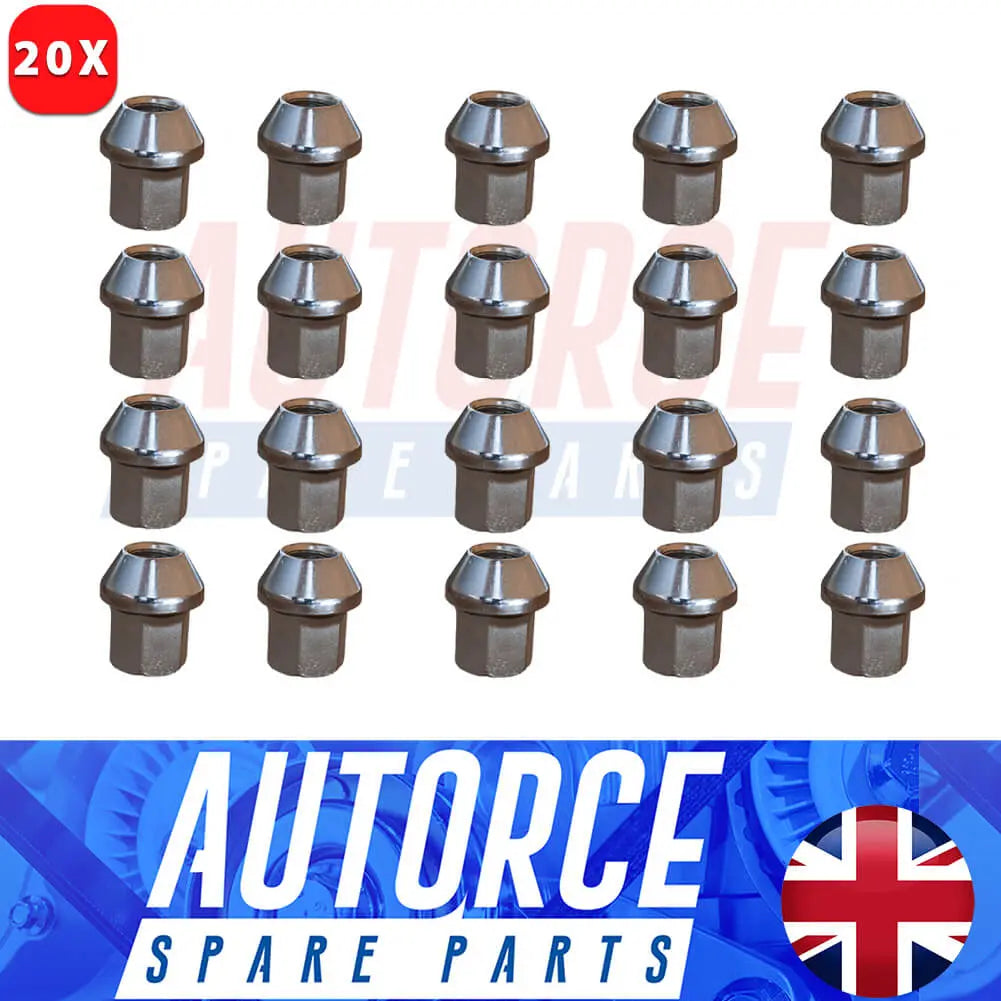
20 Pcs Alloy Wheel Nuts M12 X 1.5 For Ford Fiesta Focus Fusion Mondeo Transit Connect Transit - 30666349, 1567143, 1454051
Sale price£24.90
No reviews
Hurry! Stock running out!
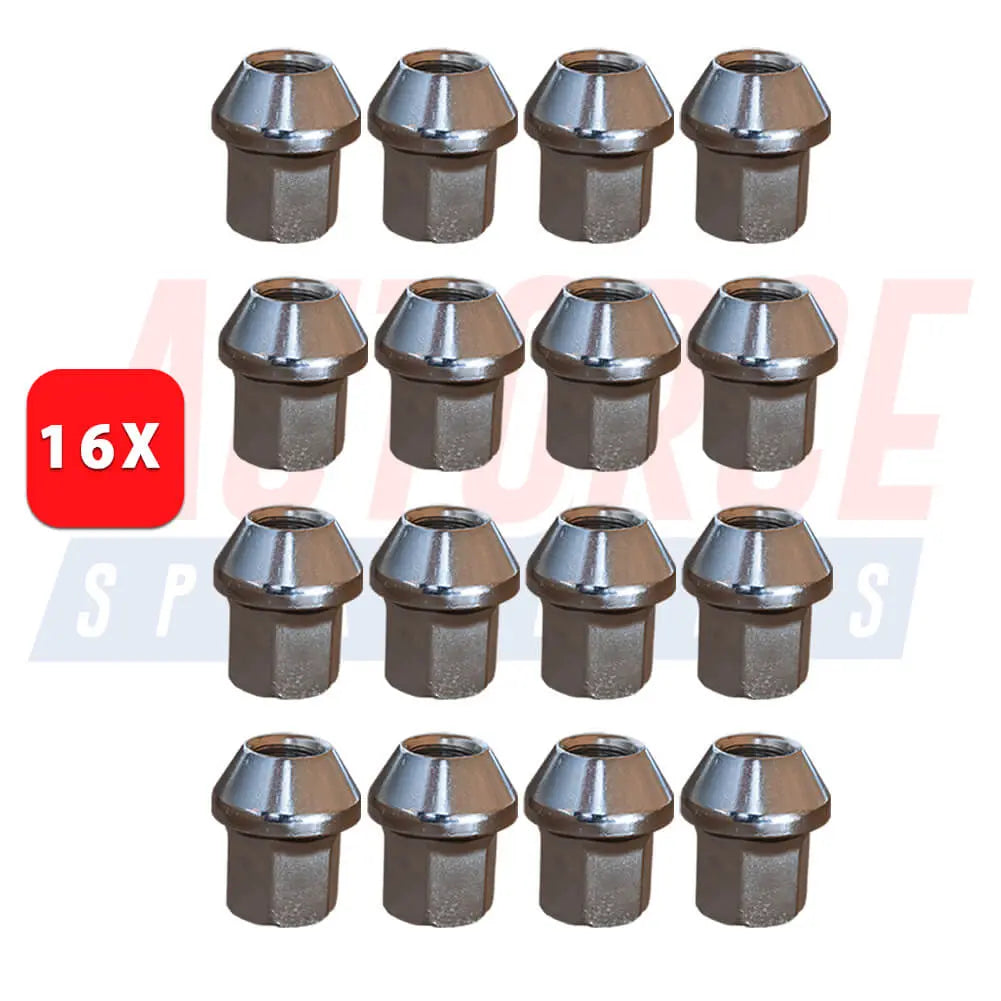
16 Pcs Alloy Wheel Nuts M12 X 1.5 For Ford C-Max Cougar Escort Grand C-Max Sierra Street KA Tourneo - 81EB1K024AA, 1567143, 6111766
Sale price£19.95
No reviews
Hurry! Stock running out!
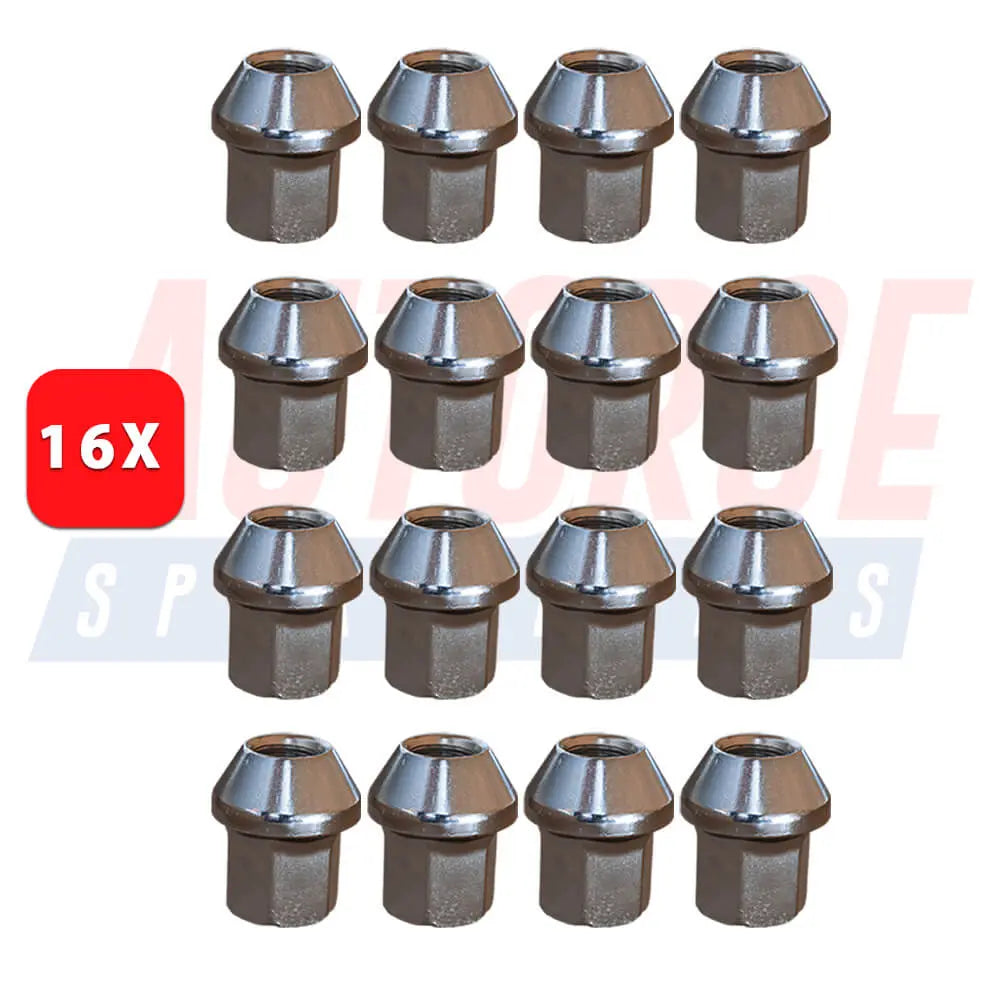
16 Pcs Alloy Wheel Nuts M12 X 1.5 For Ford Fiesta Focus Fusion Mondeo Transit Connect Transit - 30666349, 1567143, 1454051
Sale price£19.95
No reviews
Hurry! Stock running out!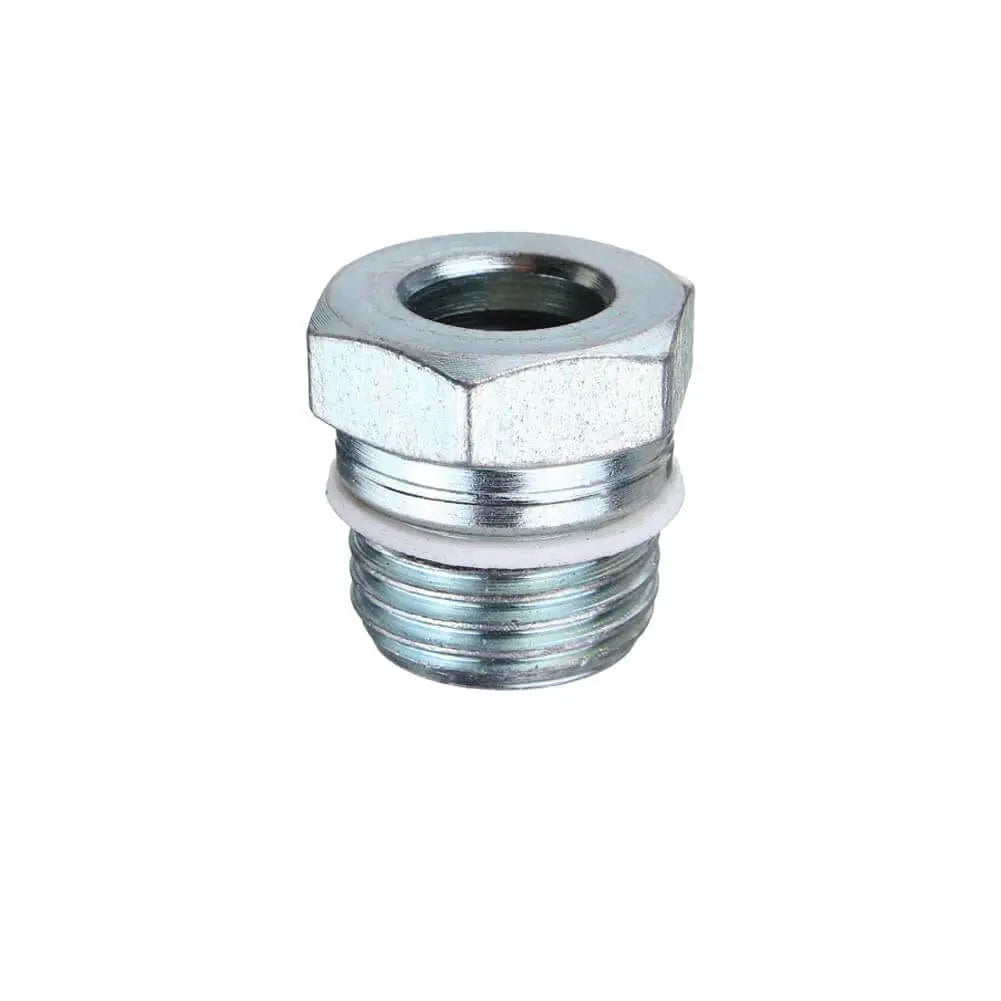
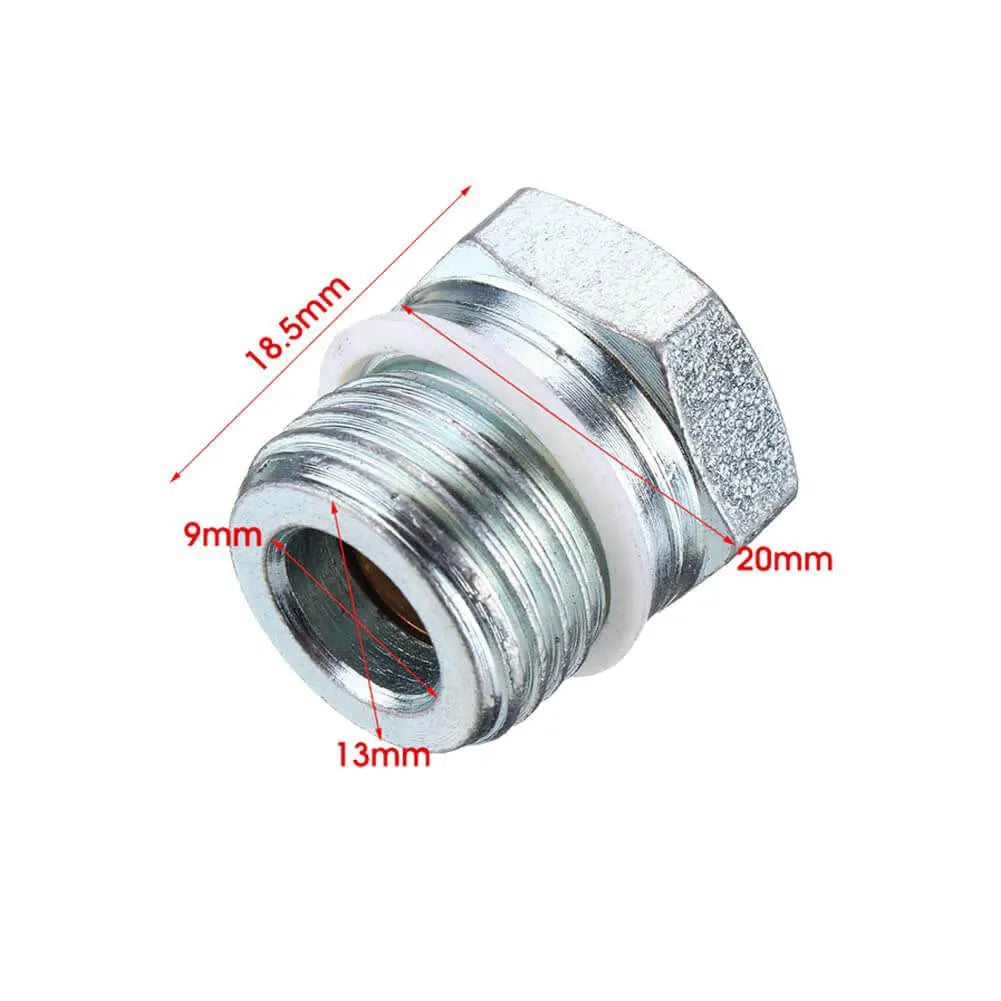
Power Steering Pump Union Nut For Ford Fiesta Focus Maverick Mondeo Puma Cougar - F33C3F656BA
Sale price£5.90
No reviews
Sold out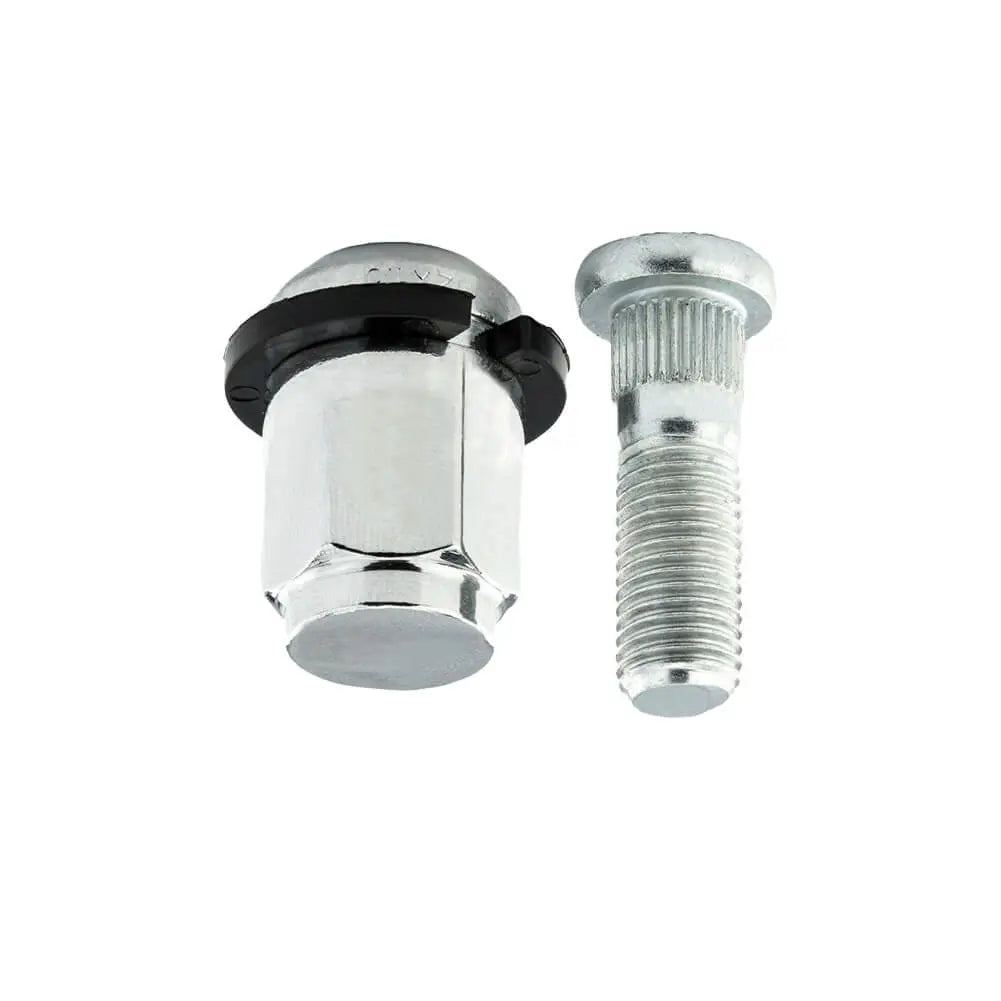
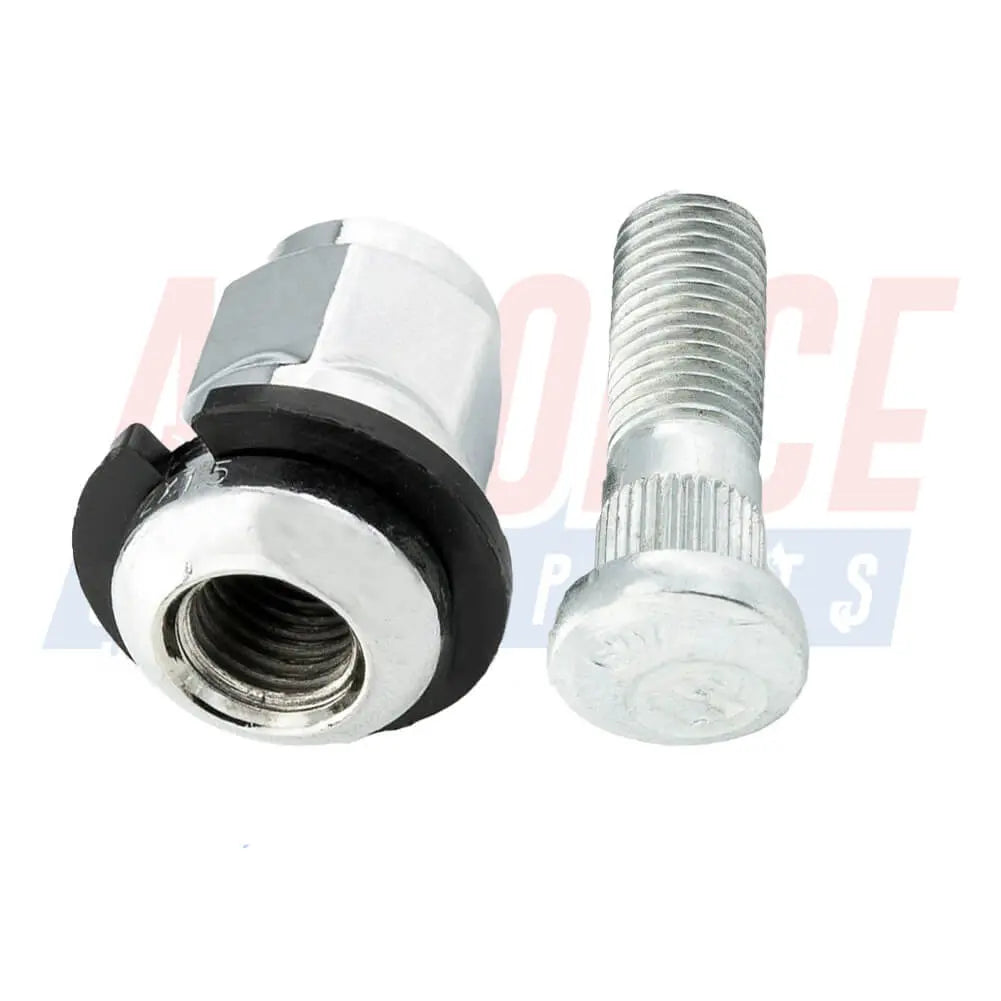
Wheel Bolt Stud Nut Plastic Ring Seal For Honda Accord Civic - 90113S5H005, 90113SA0000
Sale price£9.90
No reviews
Hurry! Stock running out!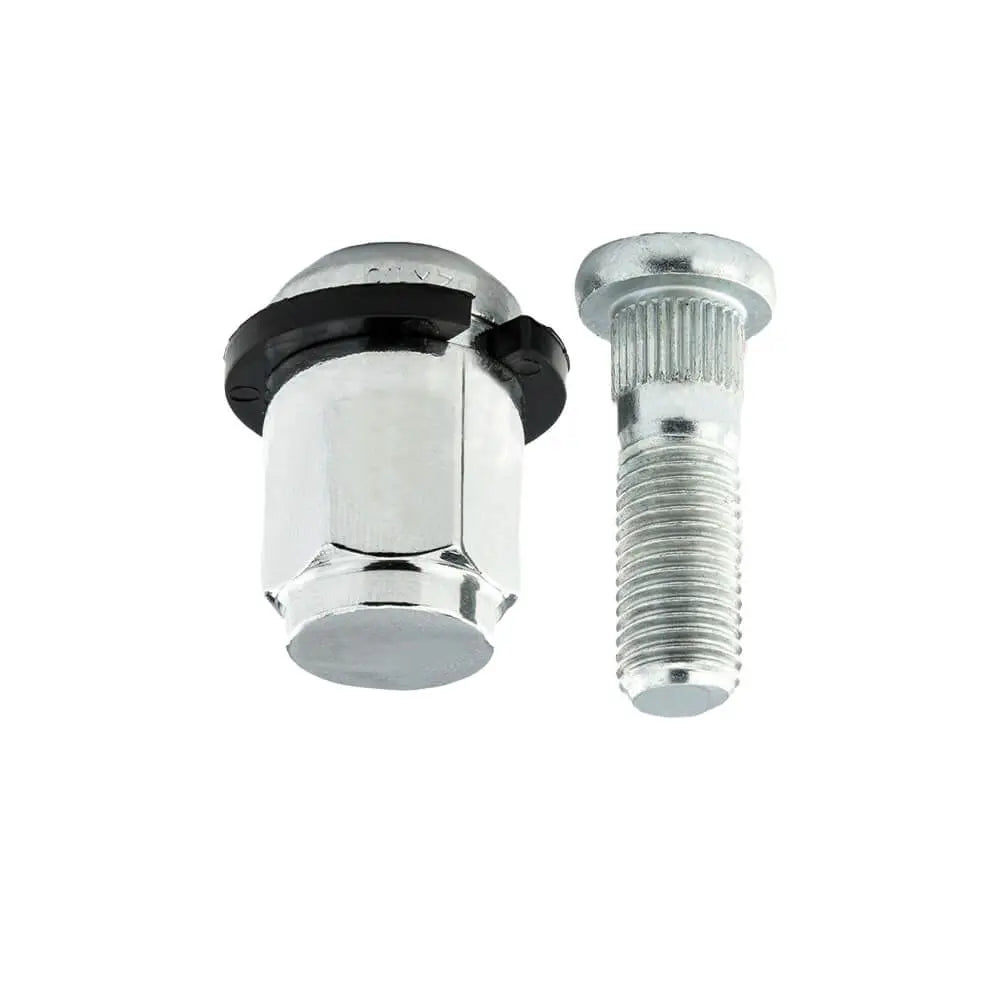
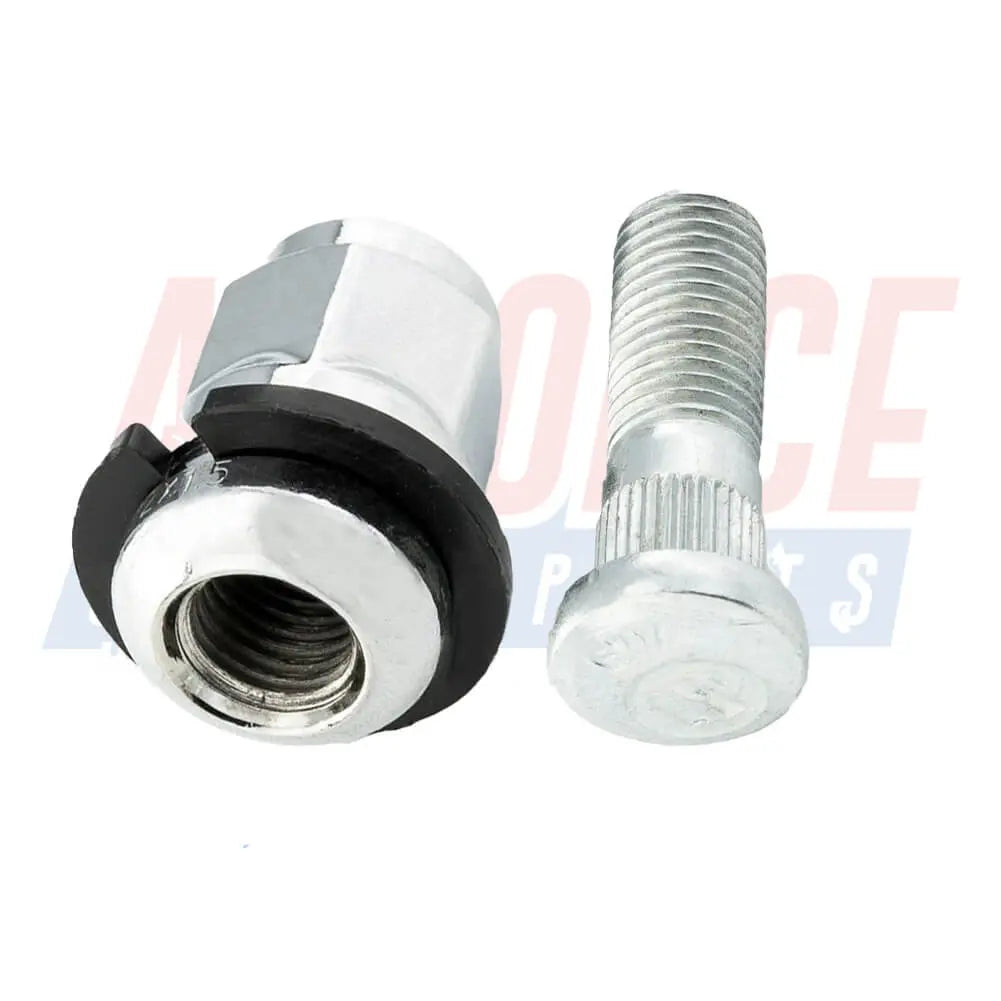
Wheel Bolt Stud Nut Plastic Ring Seal For Honda Acty City Insight Integra Jazz - 90113SA0000
Sale price£9.90
No reviews
Hurry! Stock running out!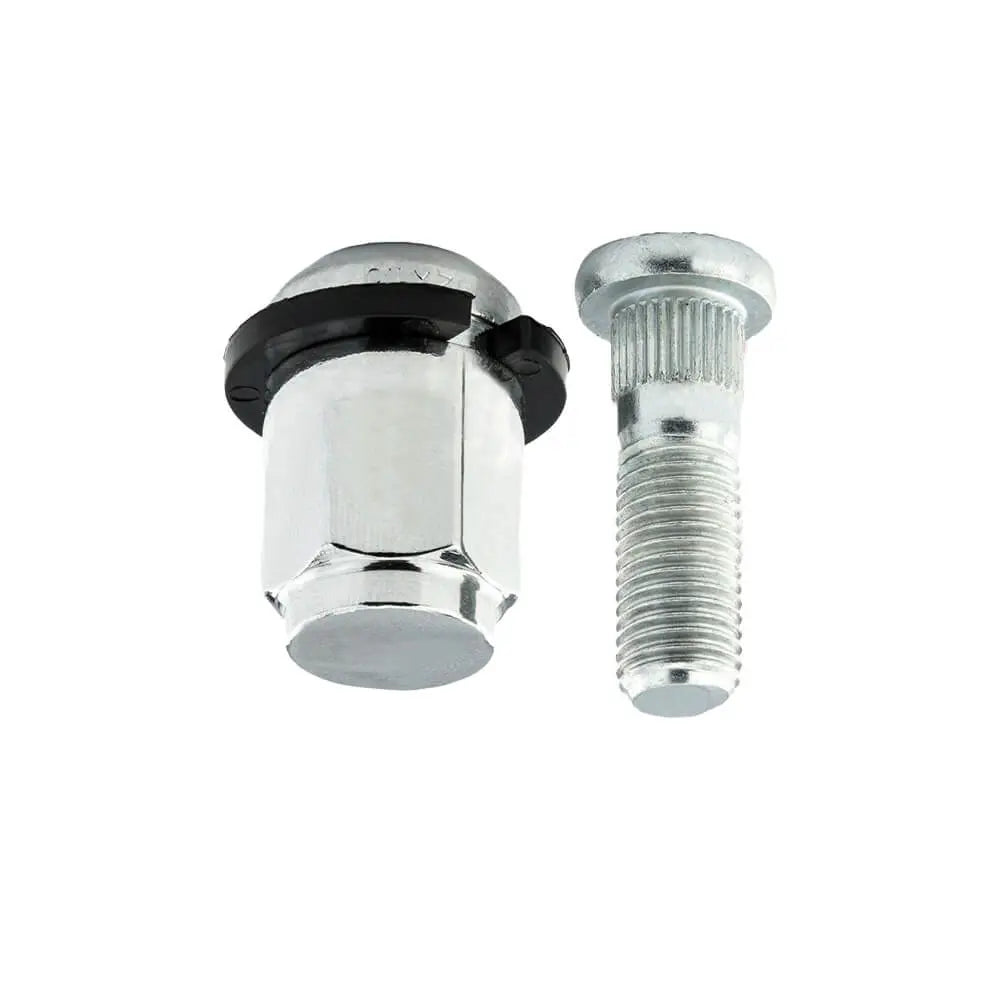
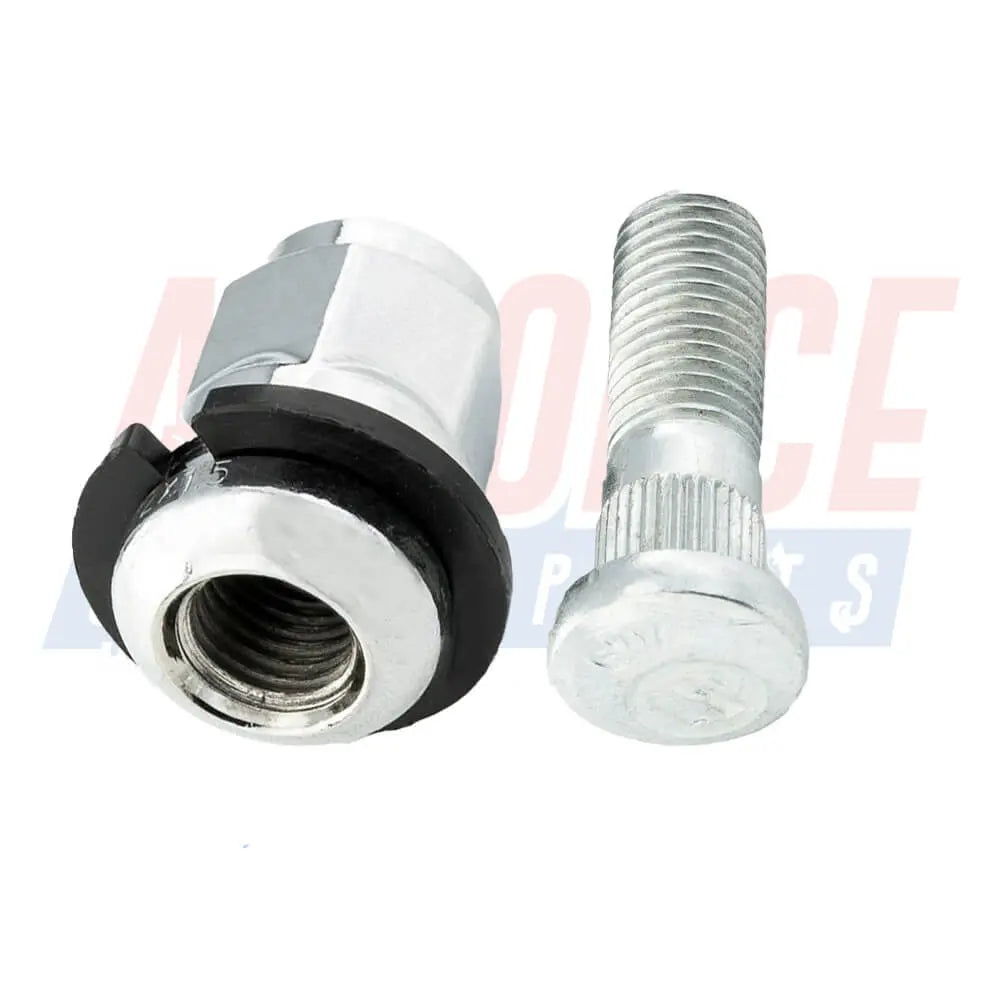
Wheel Bolt Stud Nut Plastic Ring Seal For Honda Life Odyssey Prelude S2000 SMX Quintet FR-V CR-V CRX - 90113S5H005
Sale price£9.90
No reviews
Hurry! Stock running out!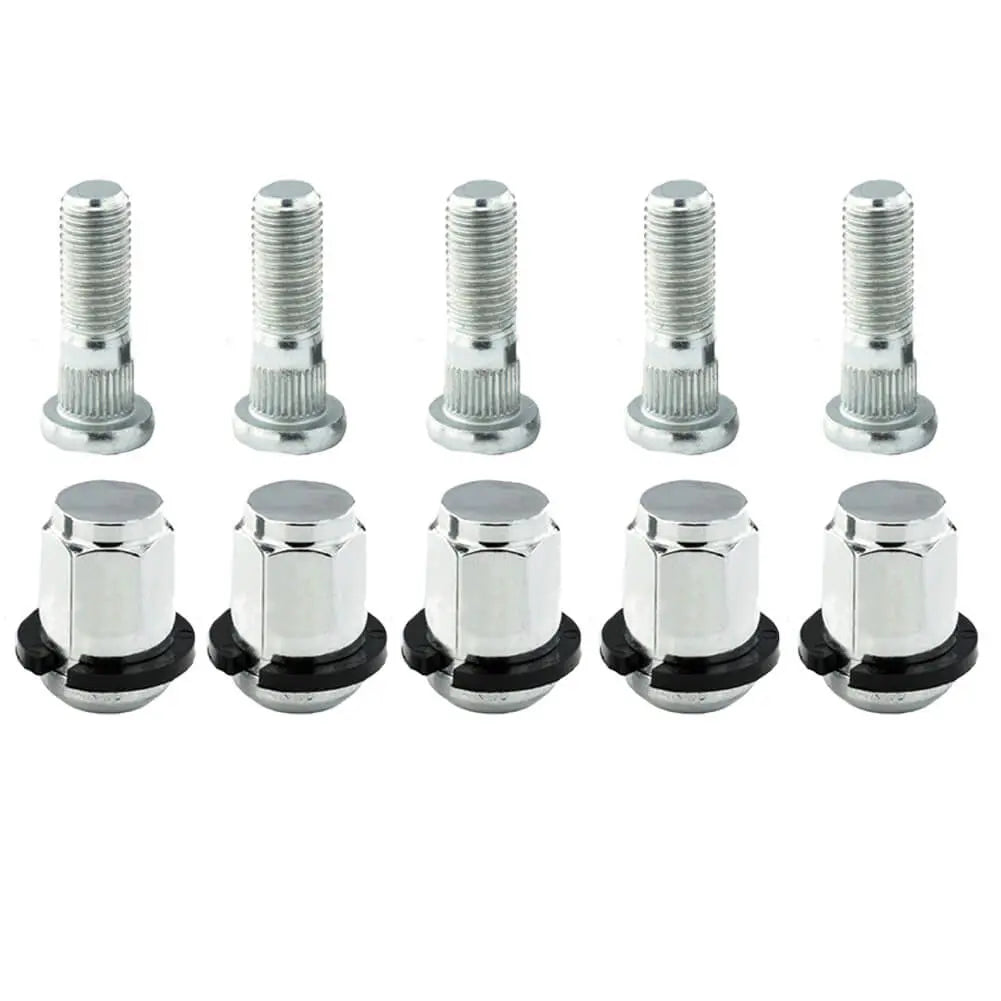
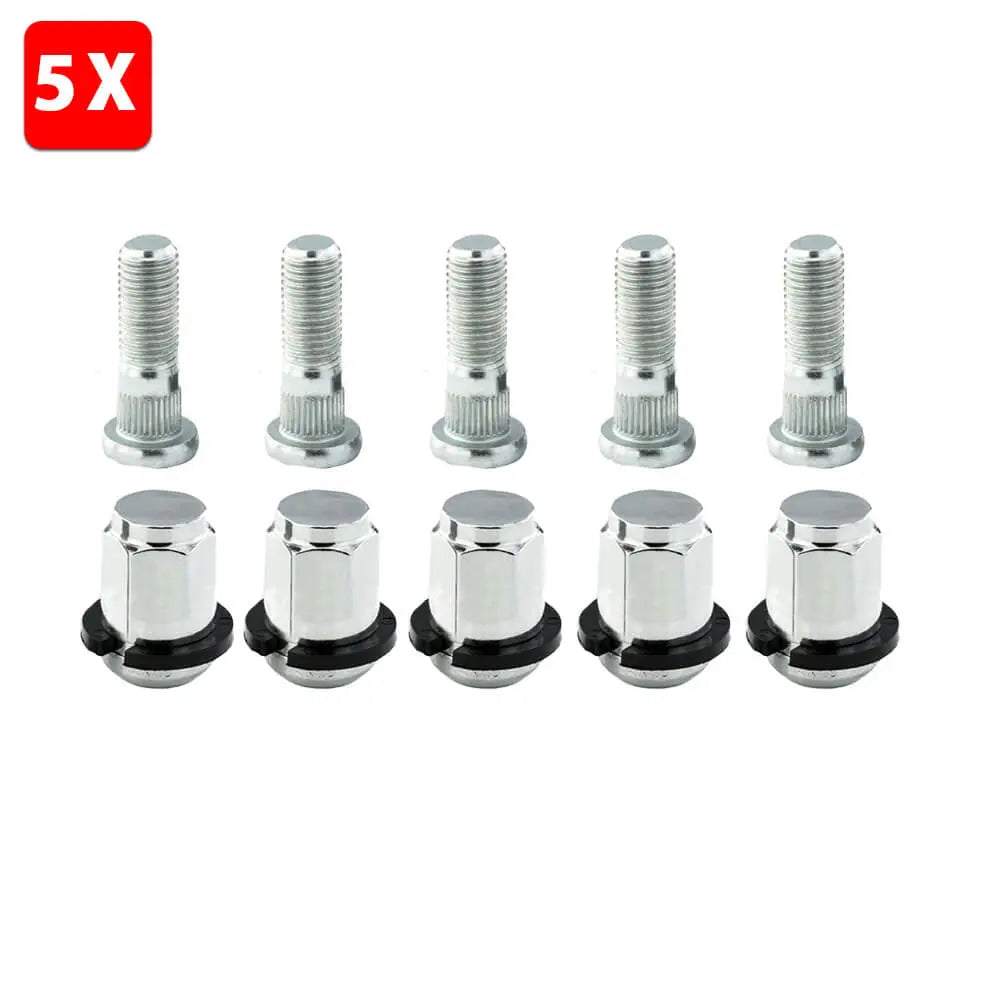
5 Pcs Wheel Bolt Stud Nut Plastic Ring Seal For Honda Accord Civic - 90113SA0000
Sale price£29.90
No reviews
Hurry! Stock running out!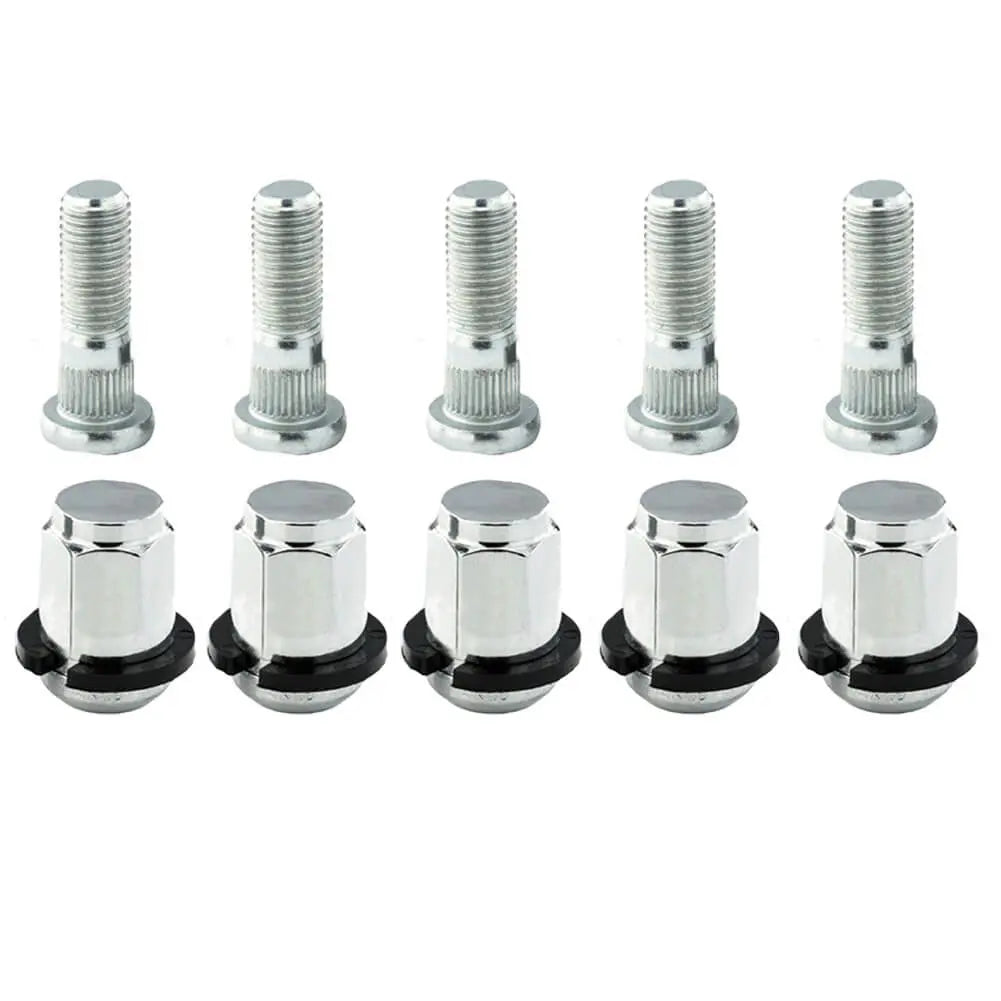
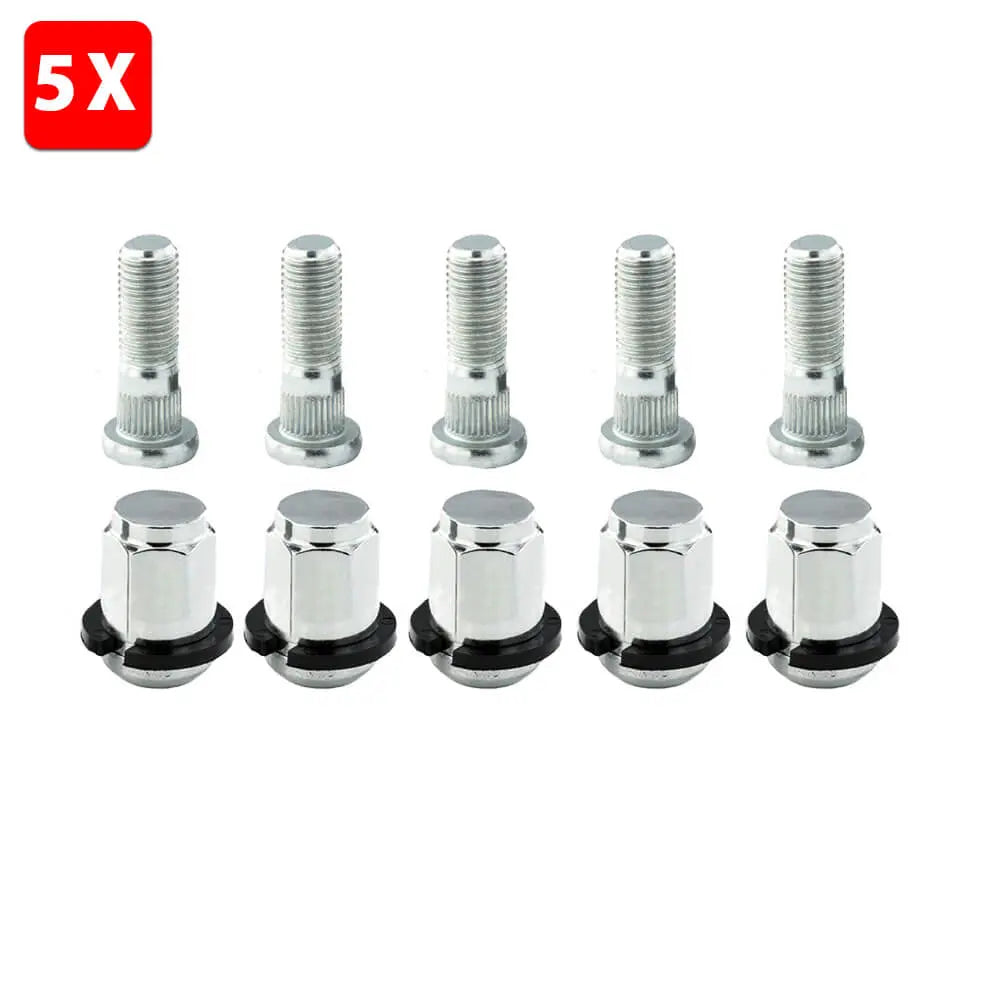
5 Pcs Wheel Bolt Stud Nut Plastic Ring Seal For Honda Acty City Insight Integra Jazz - 90113S5H005
Sale price£29.90
No reviews
Hurry! Stock running out!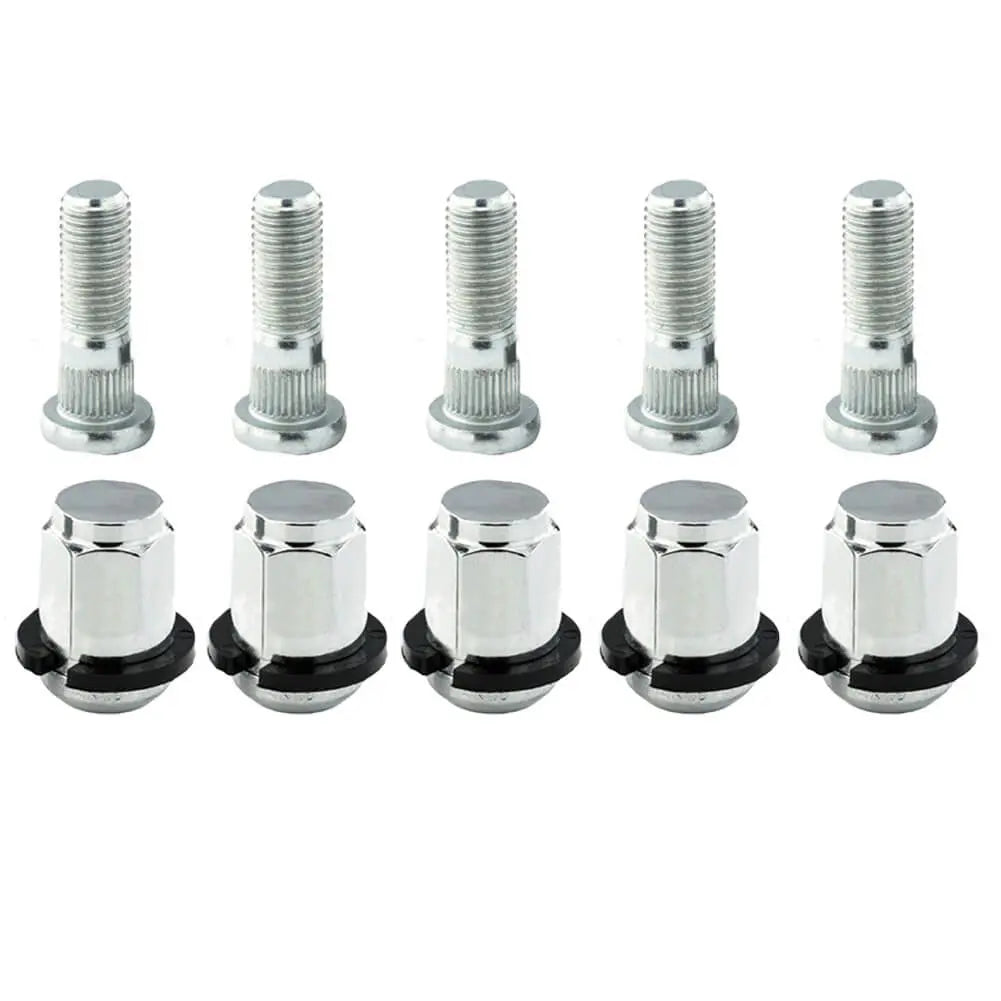
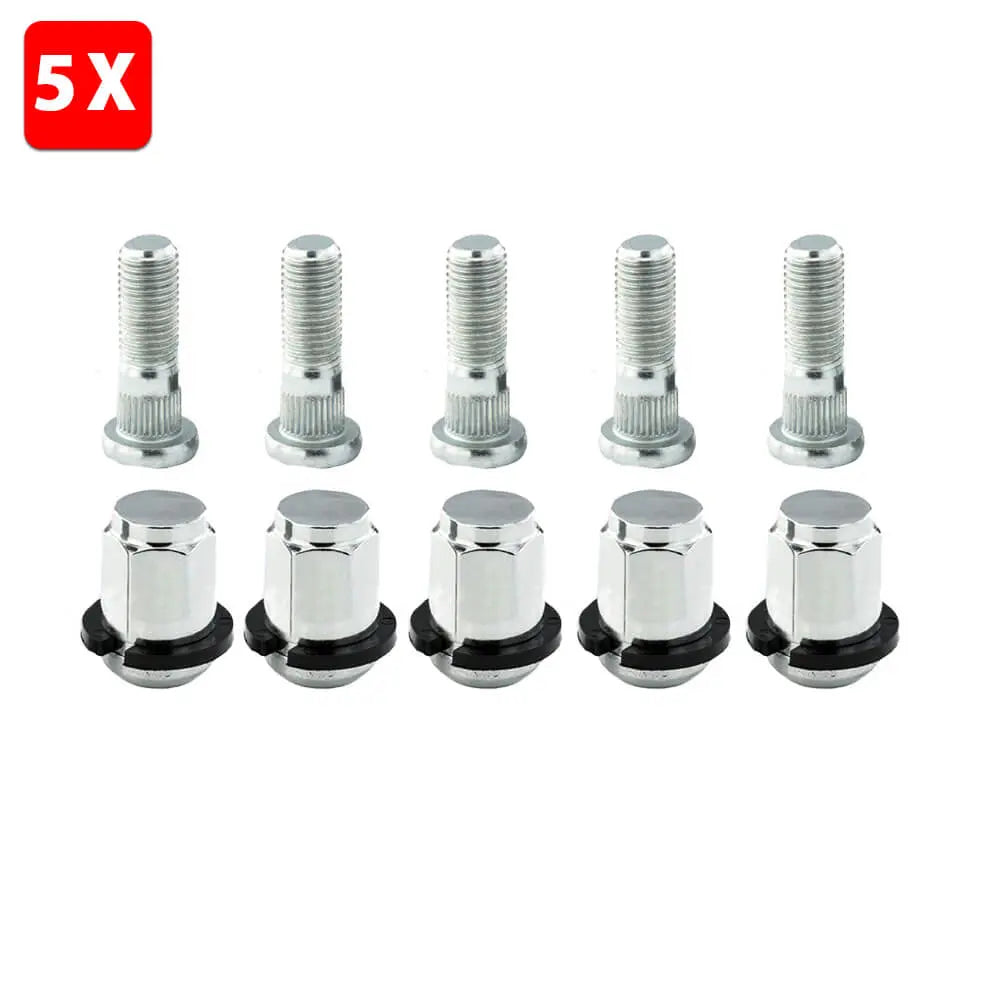
5 Pcs Wheel Bolt Stud Nut Plastic Ring Seal For Honda Life Odyssey Prelude S2000 SMX Quintet FR-V CR-V CRX - 90113S5H005
Sale price£29.90
No reviews
Hurry! Stock running out!Save £6.00
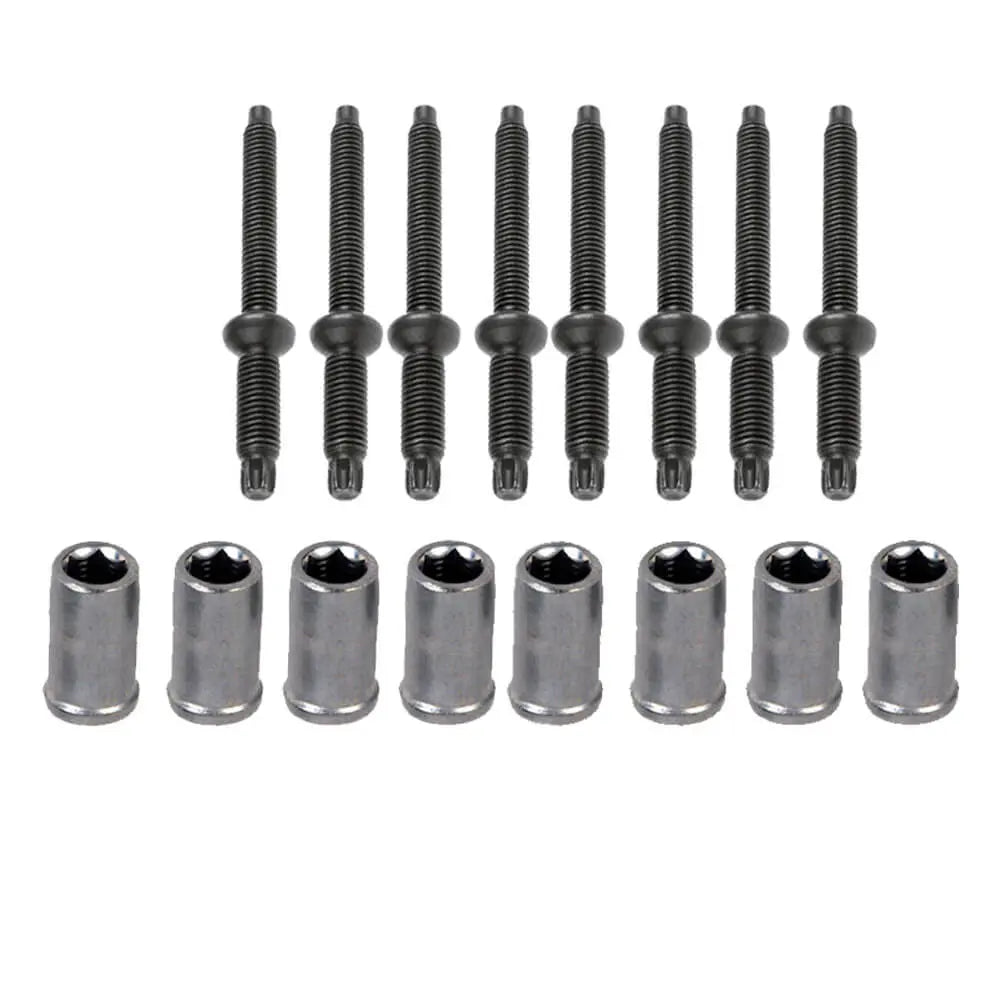
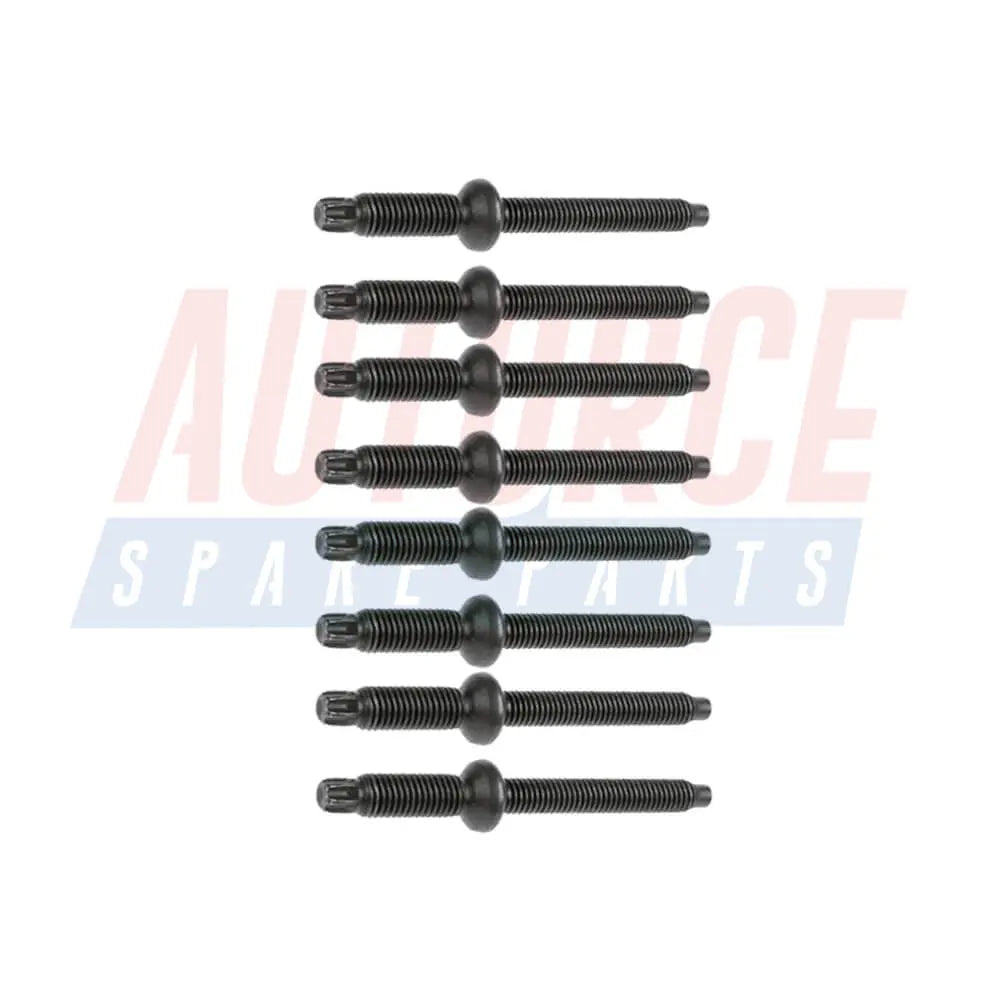
8 Pcs Injector Stud Nut Kits For Citroen Berlingo C2 C3 C4 C5 Dispatch - 1233685, 198283
Sale price£15.90
Regular price£21.90
No reviews
In stock
Filters (0)

